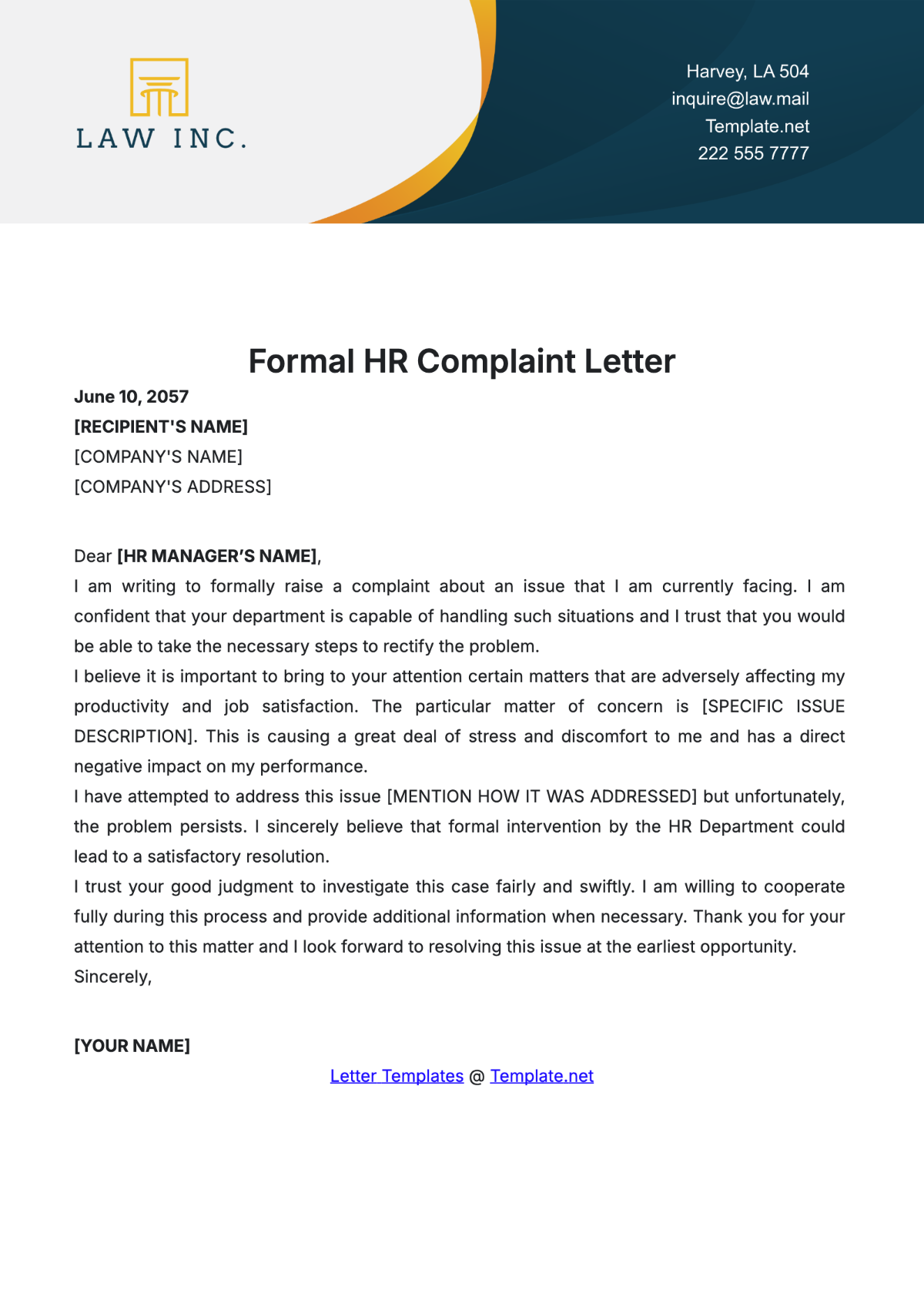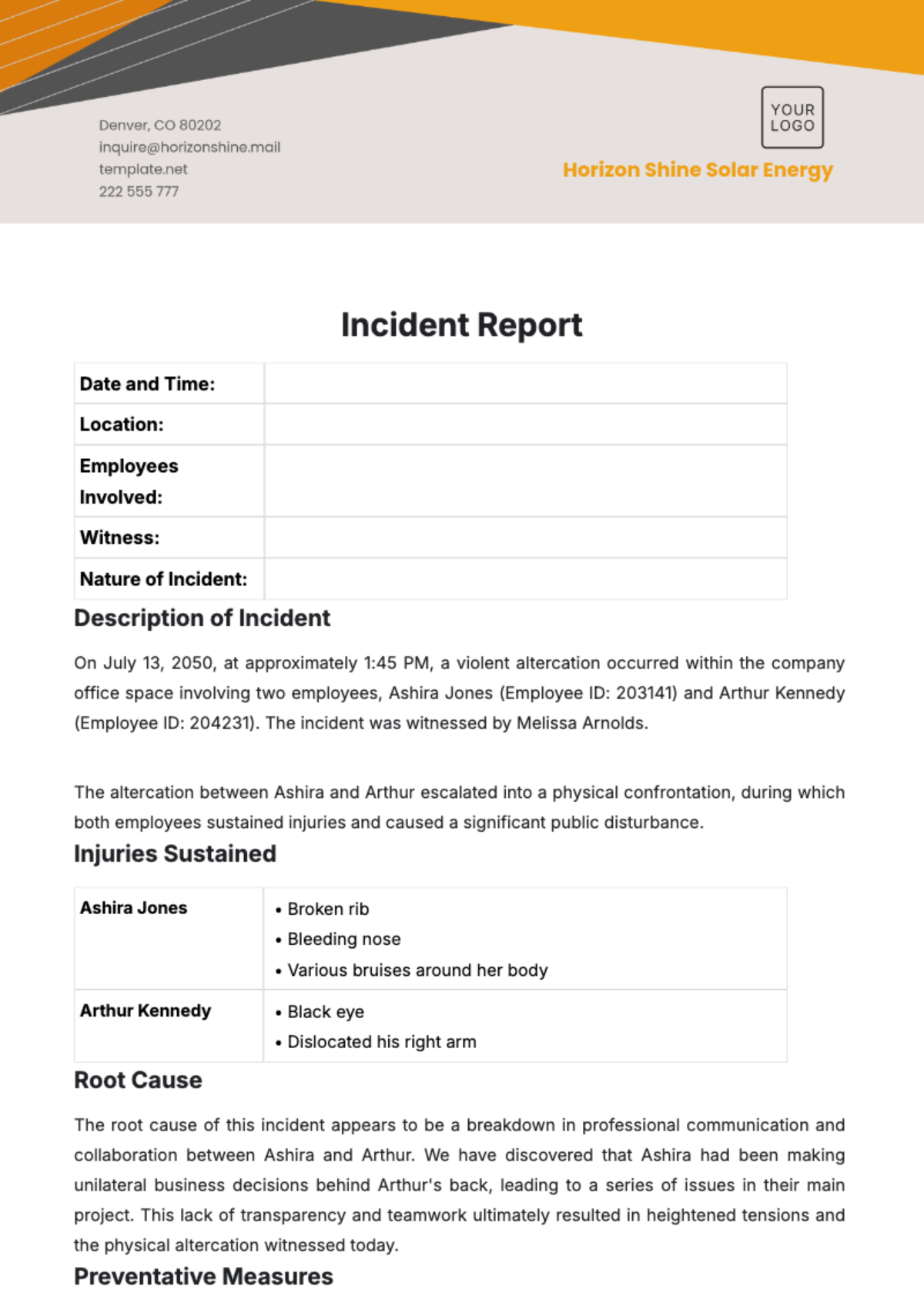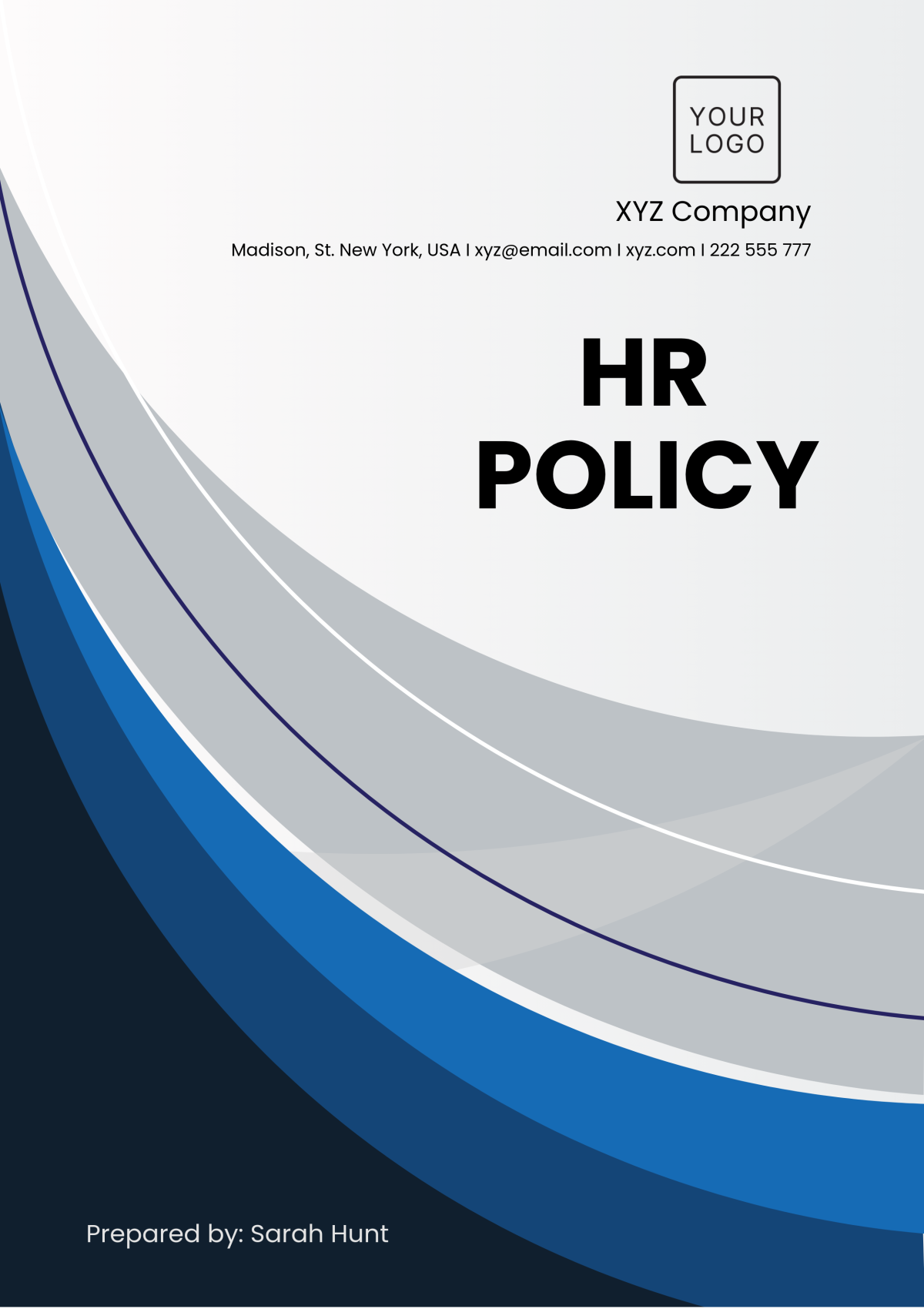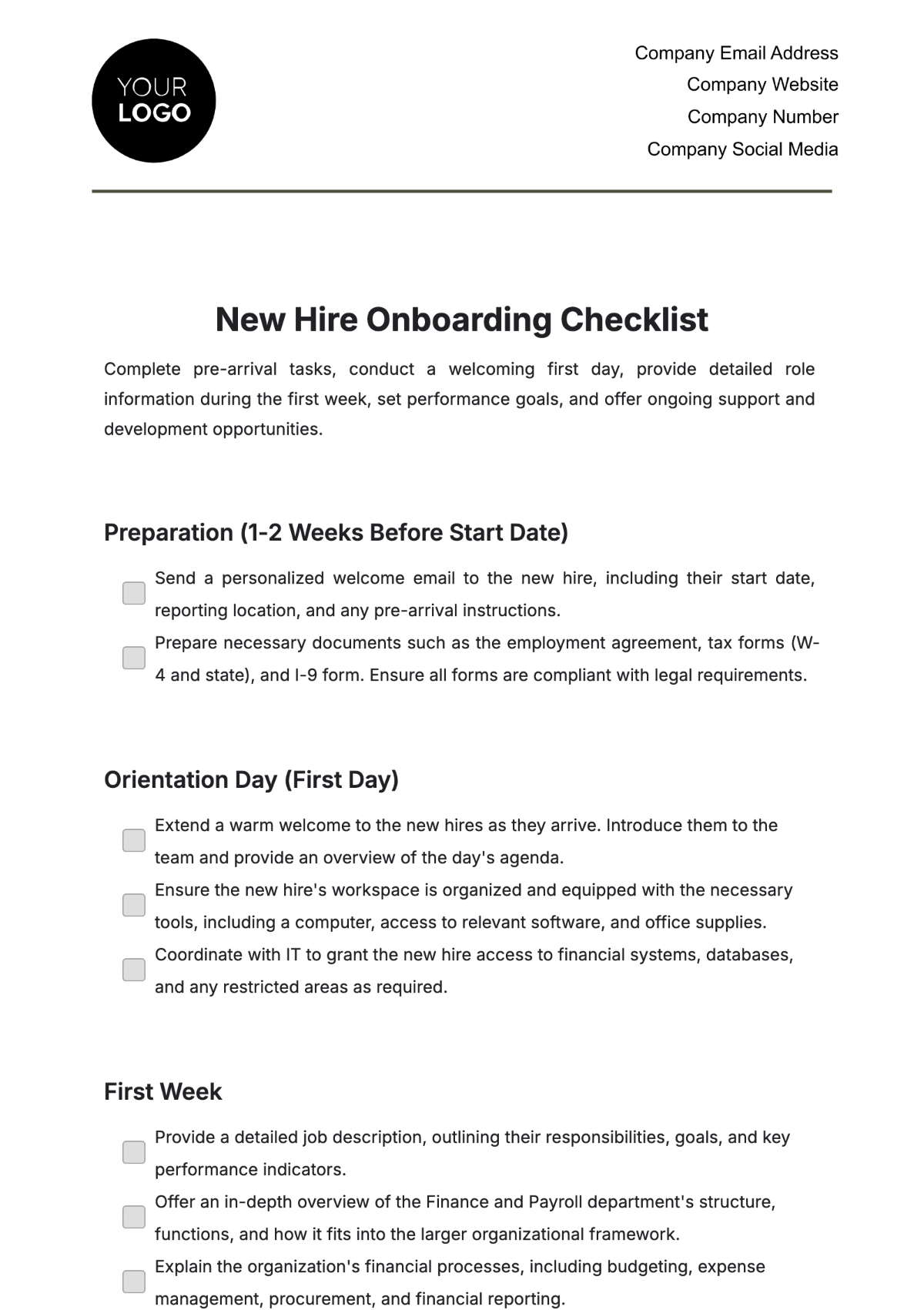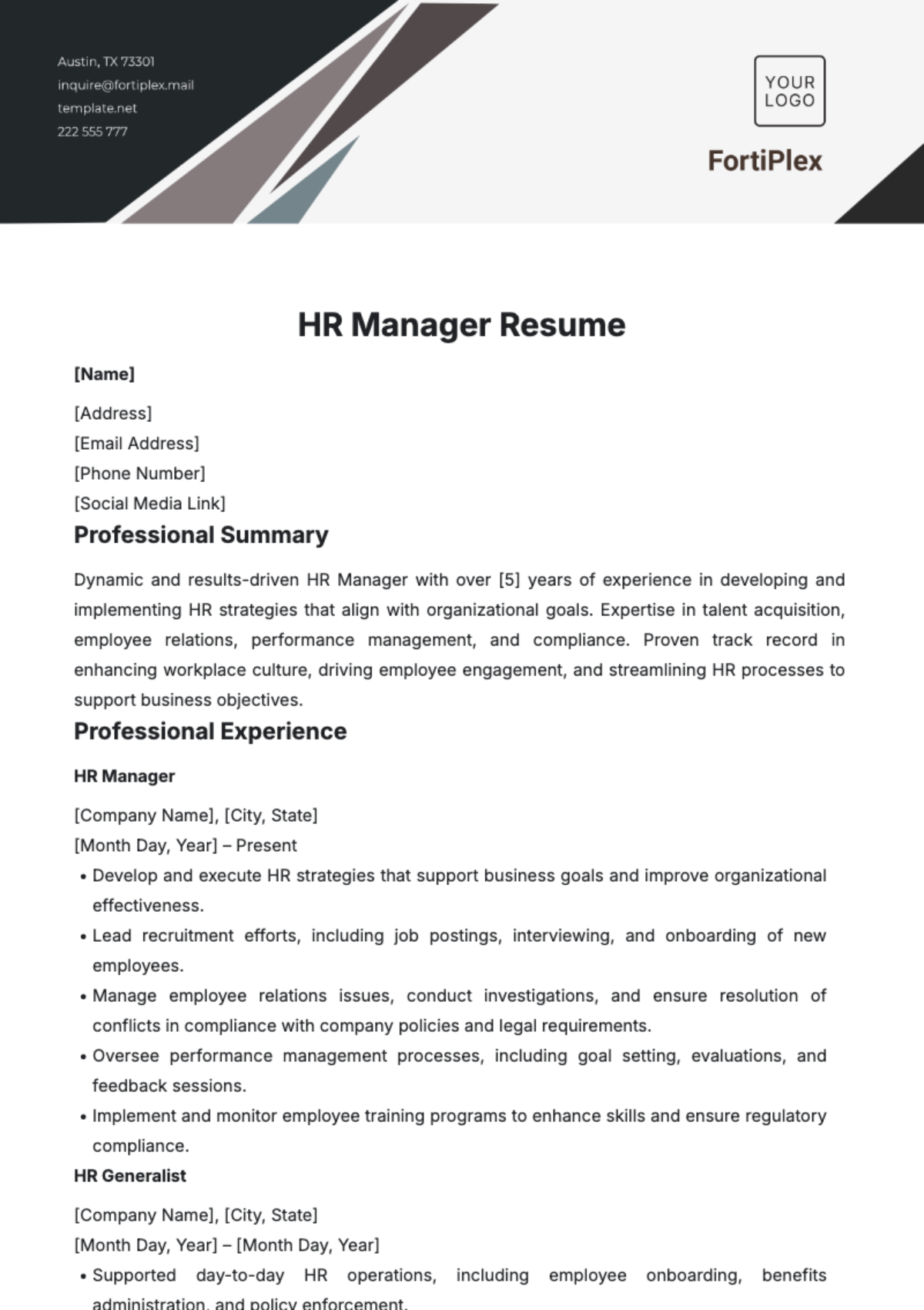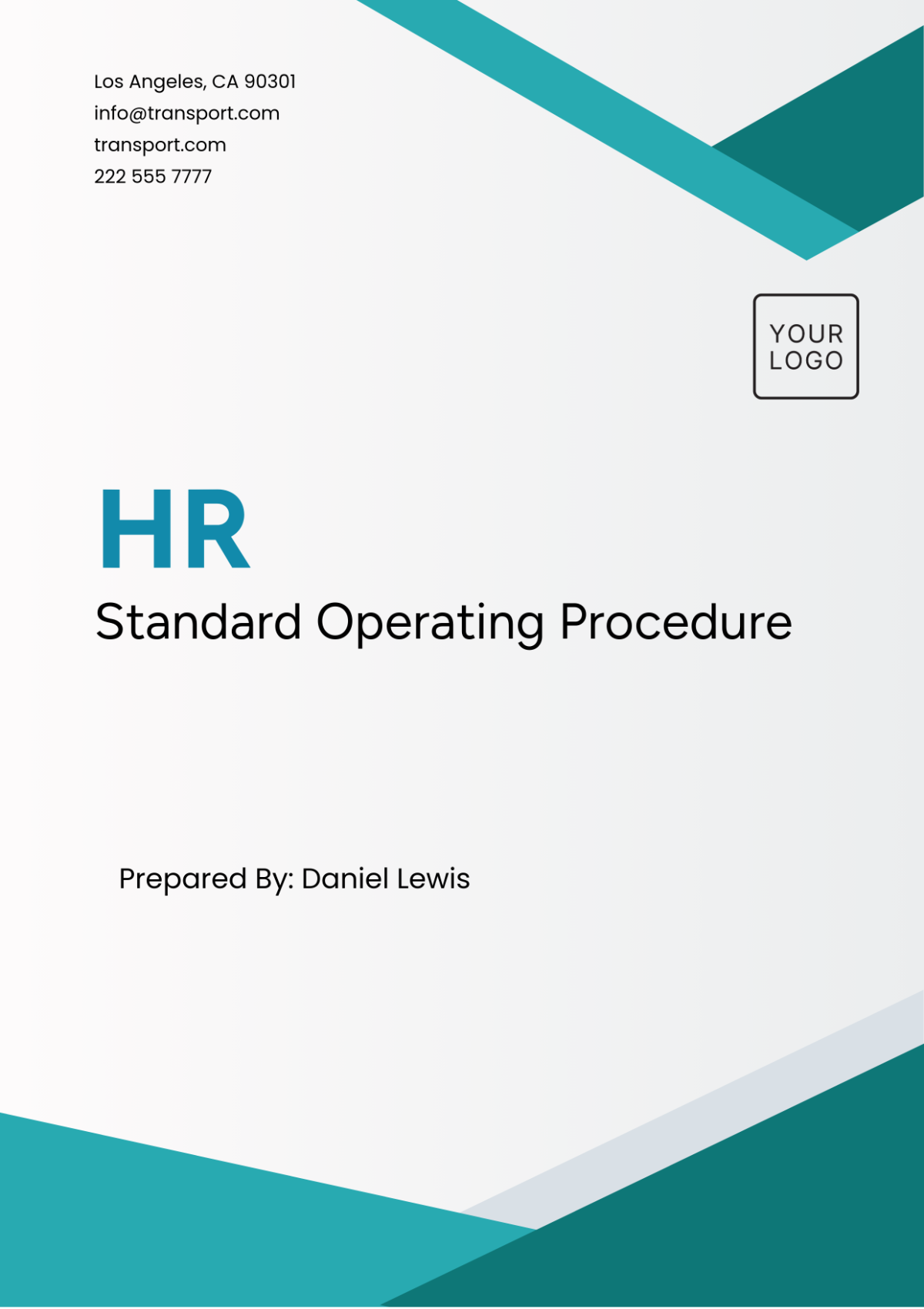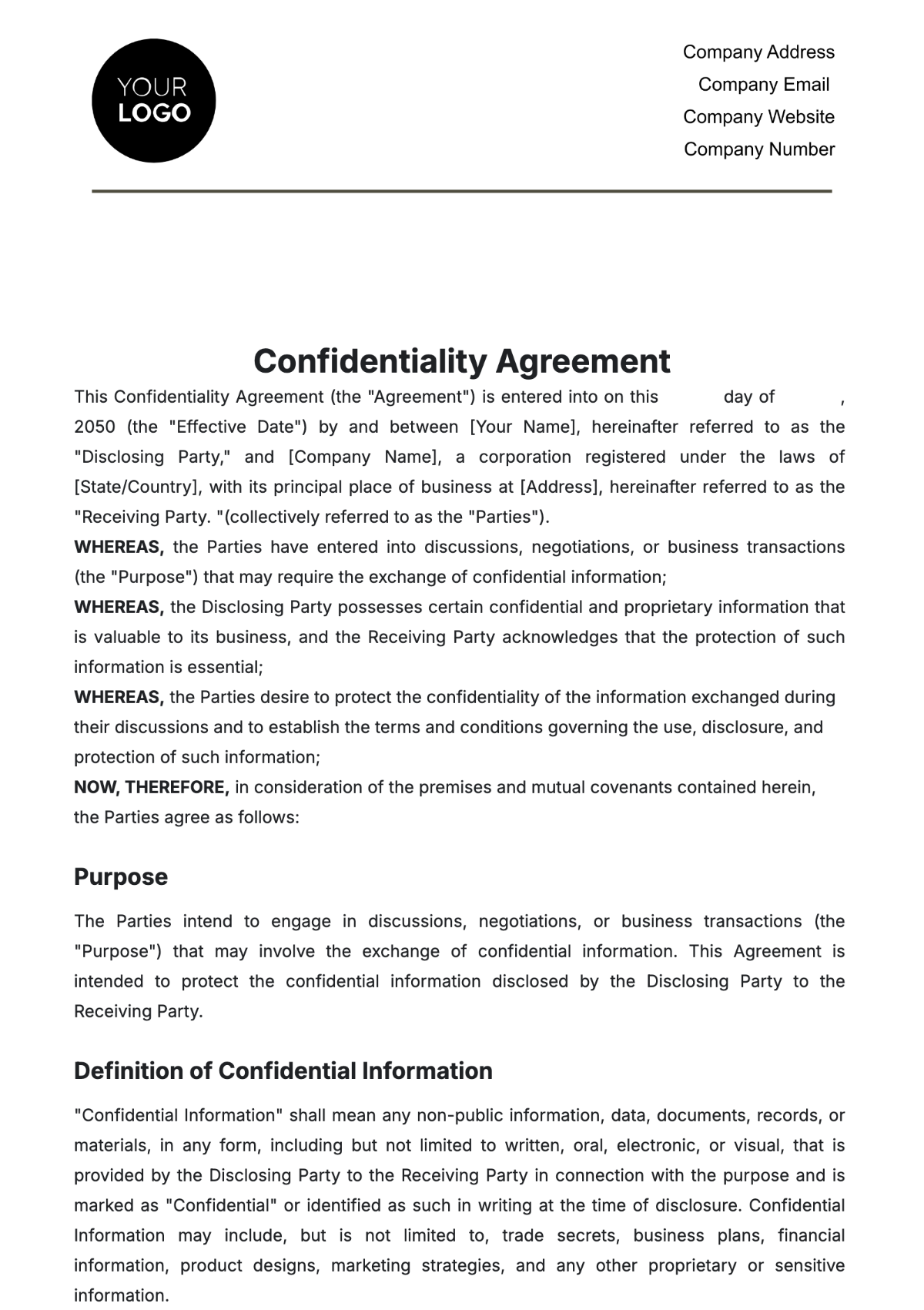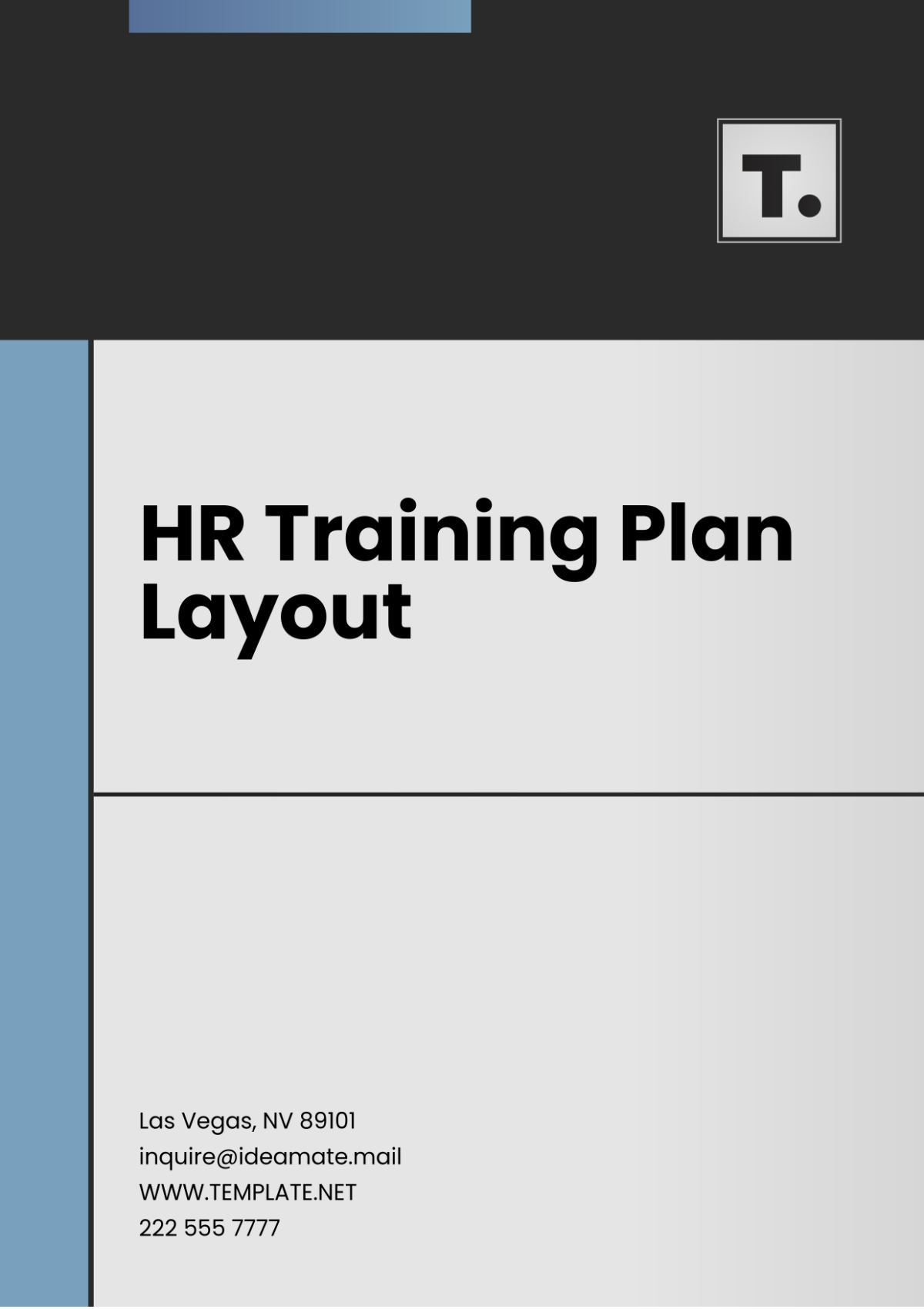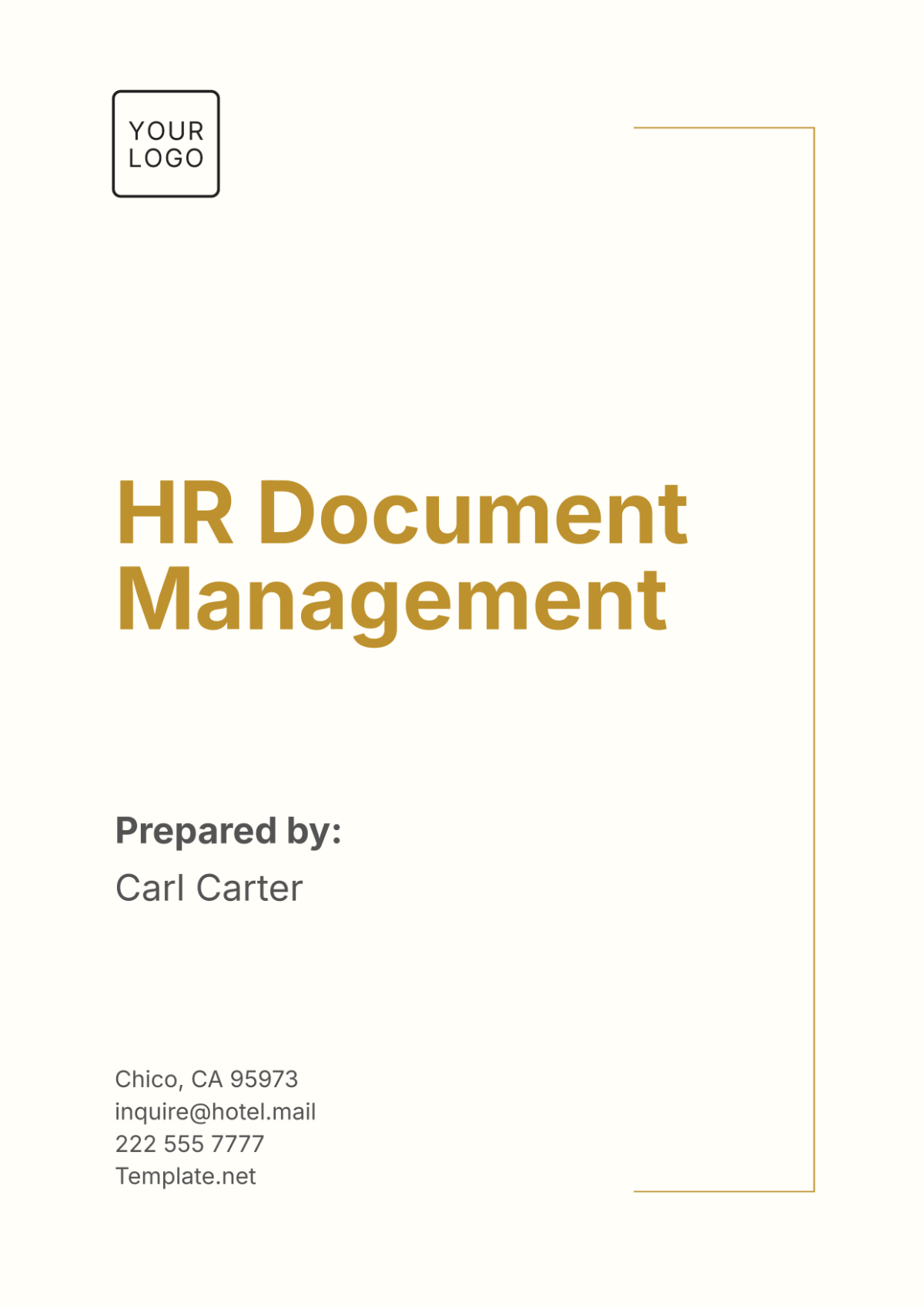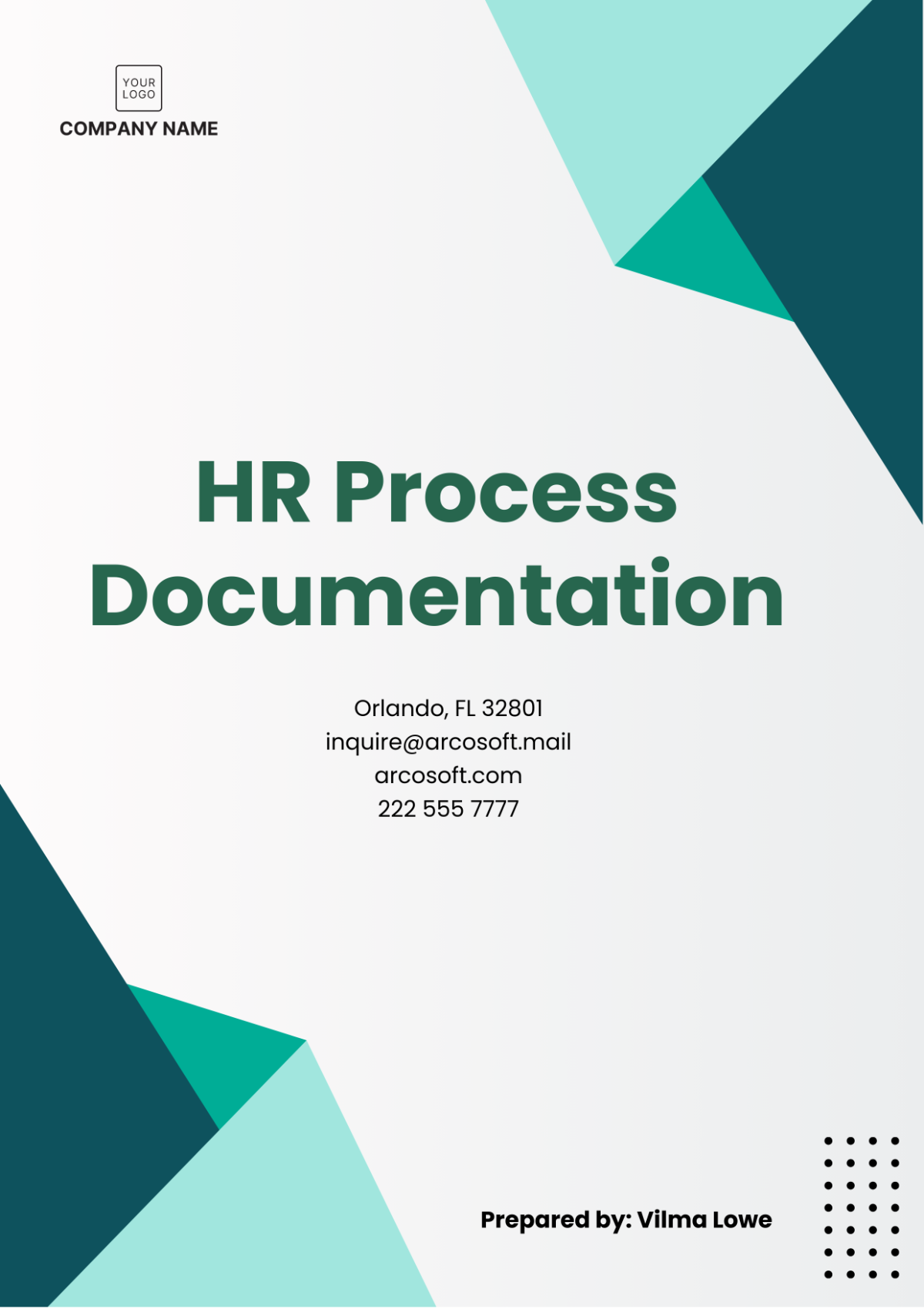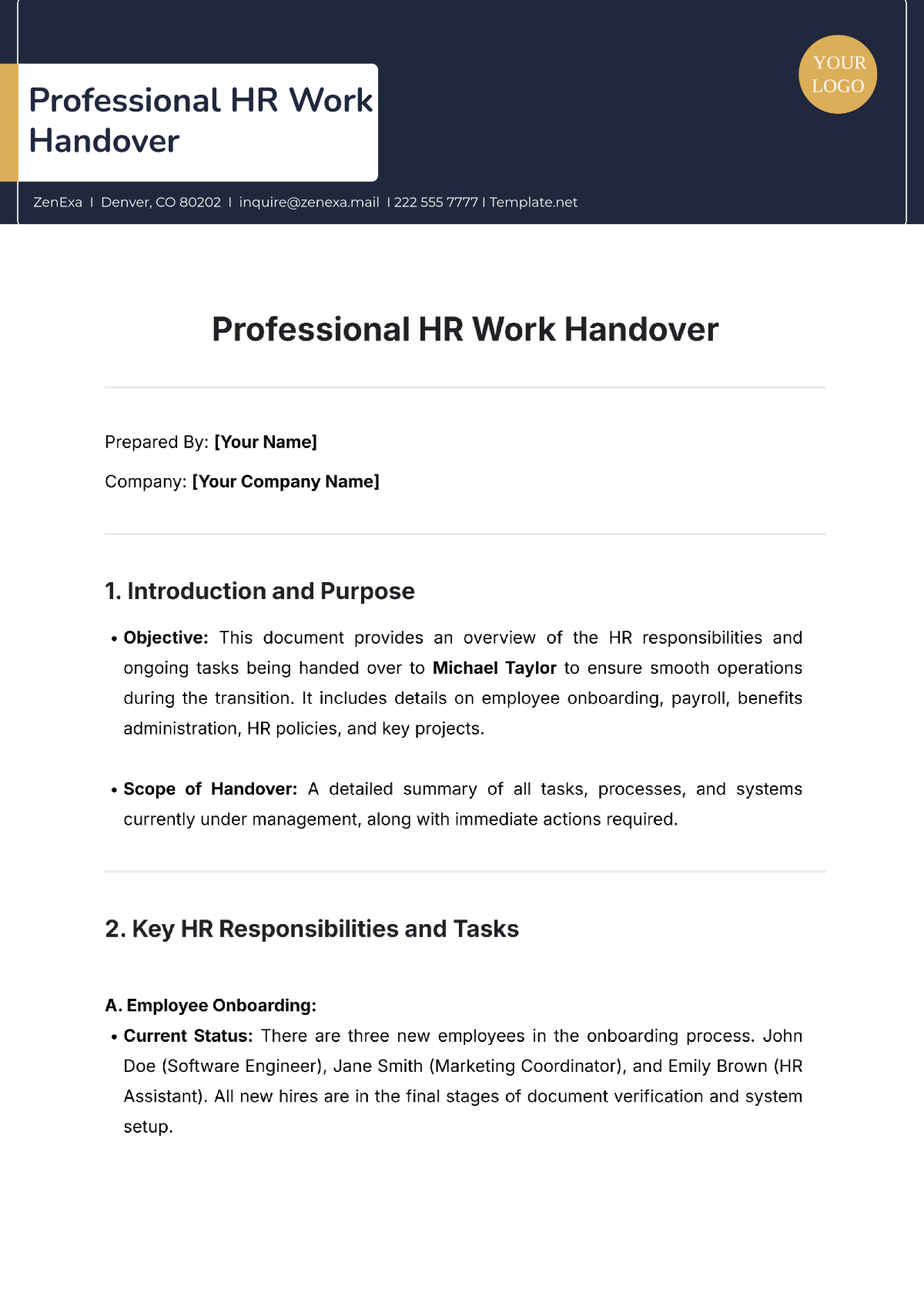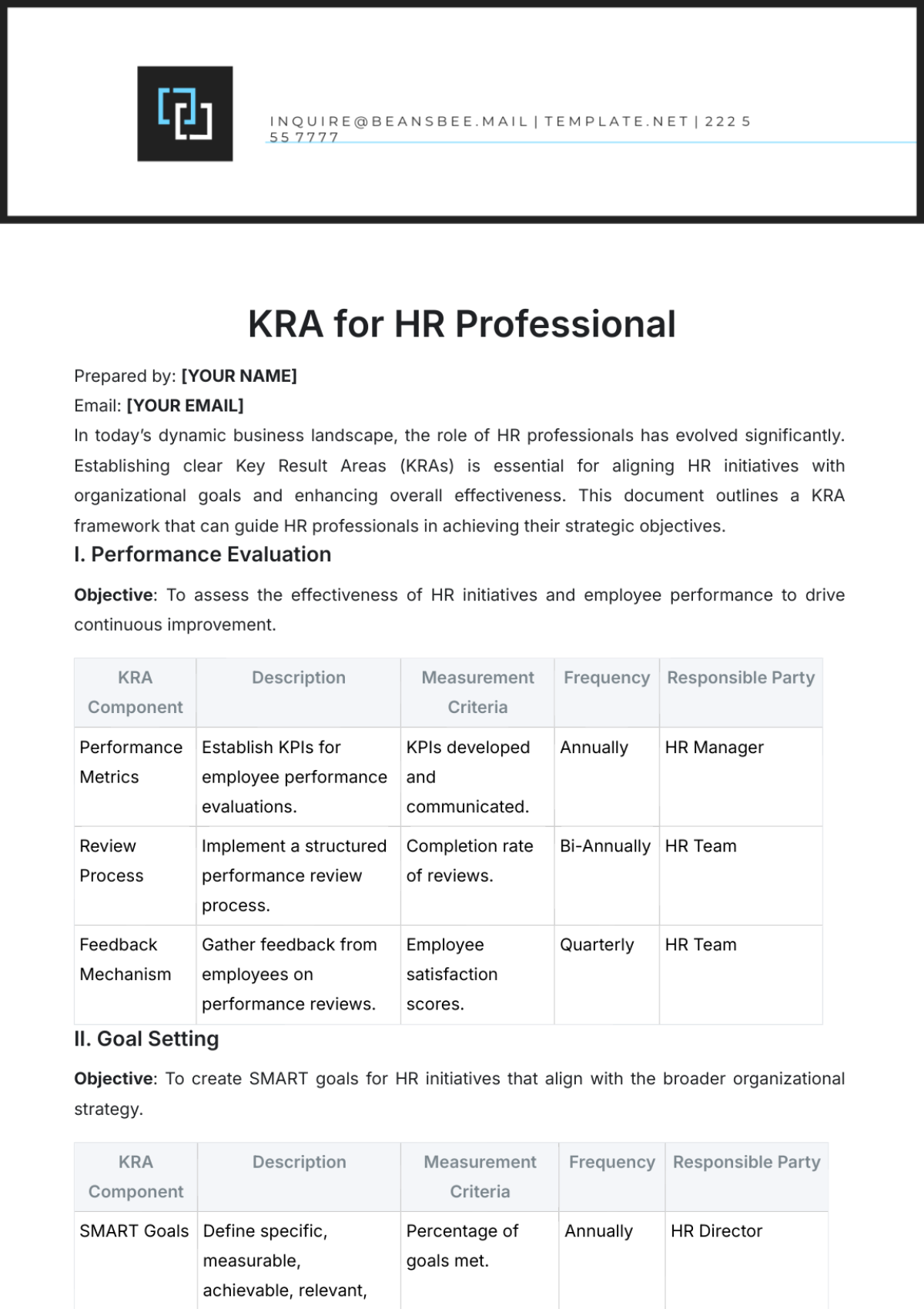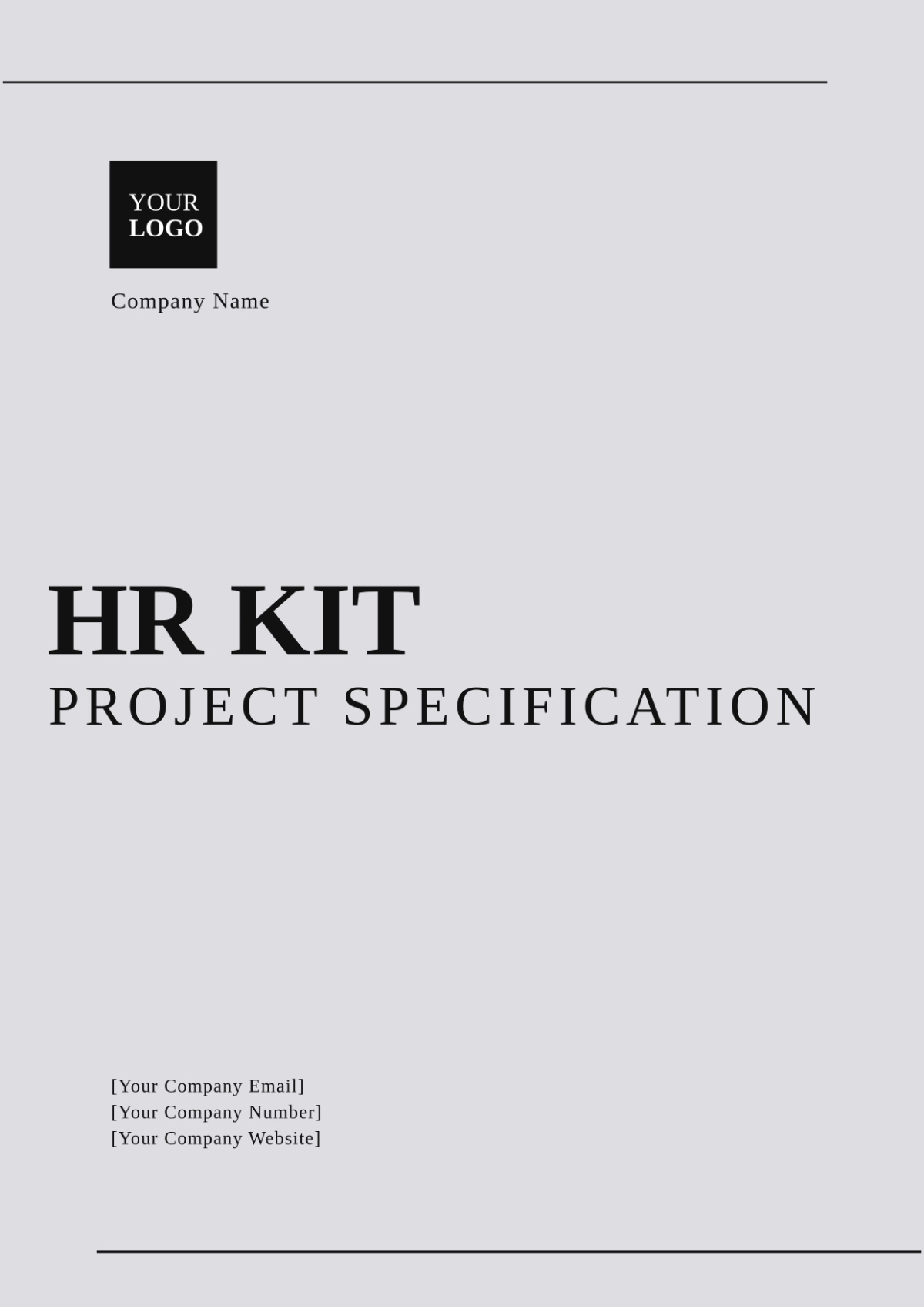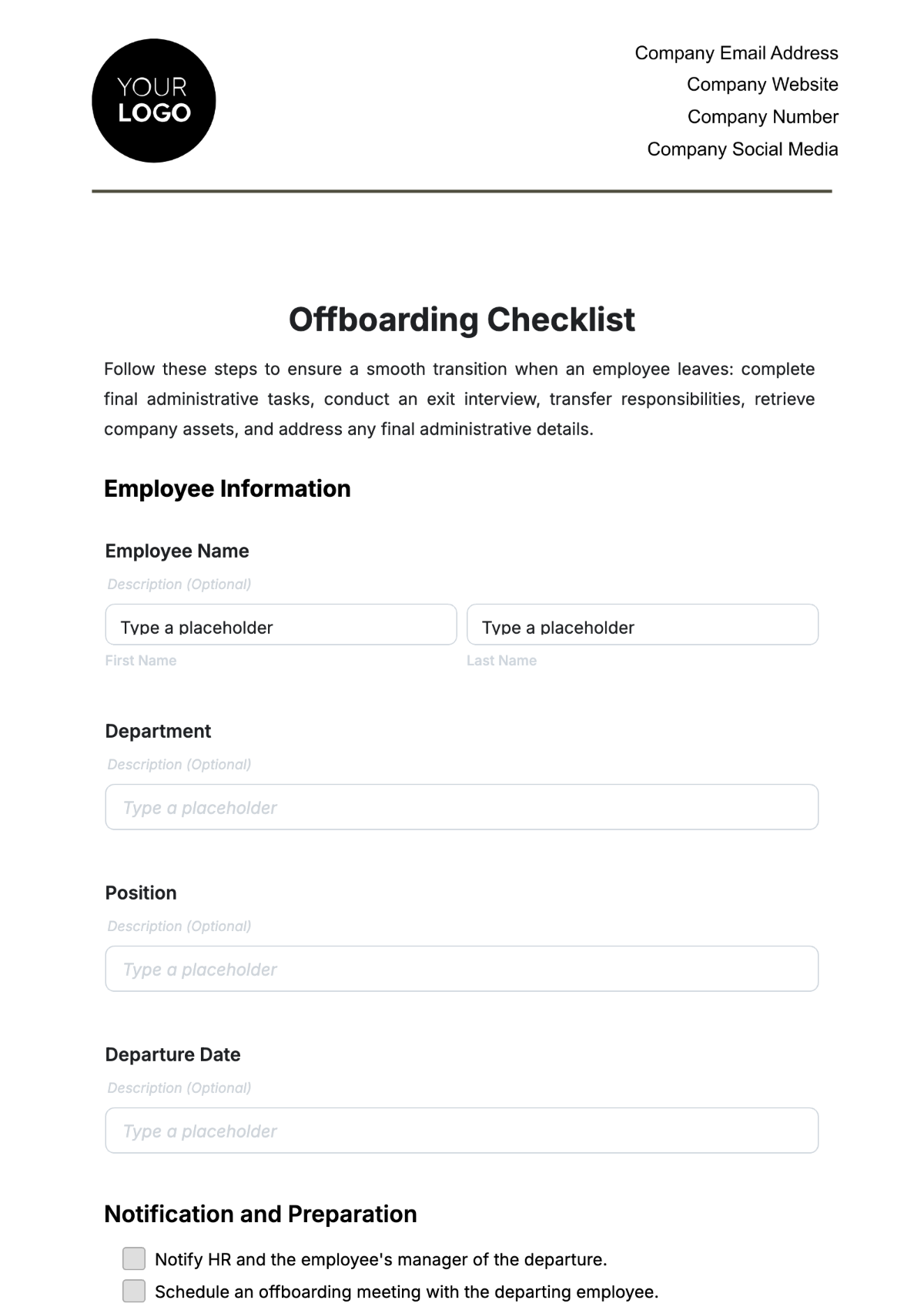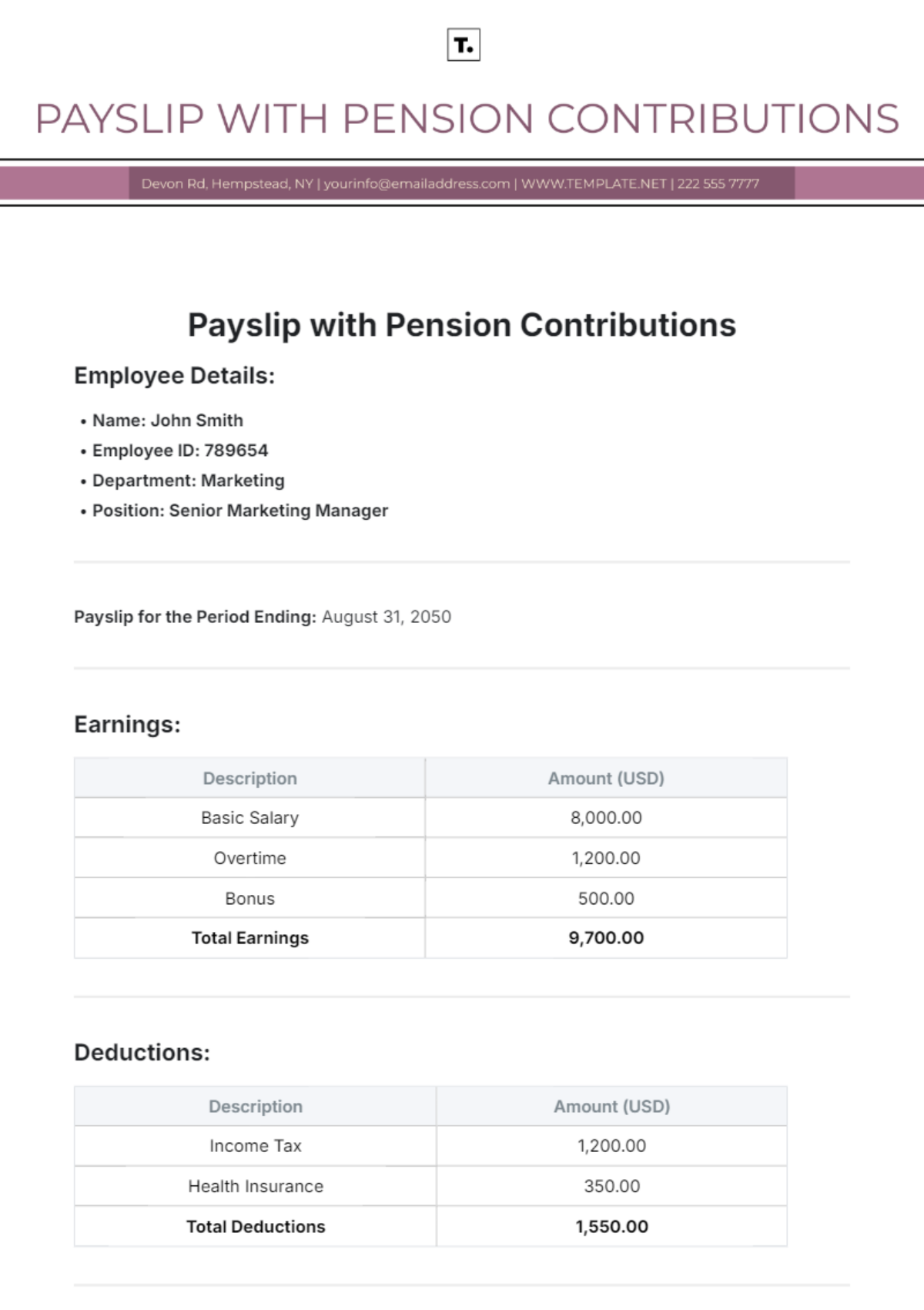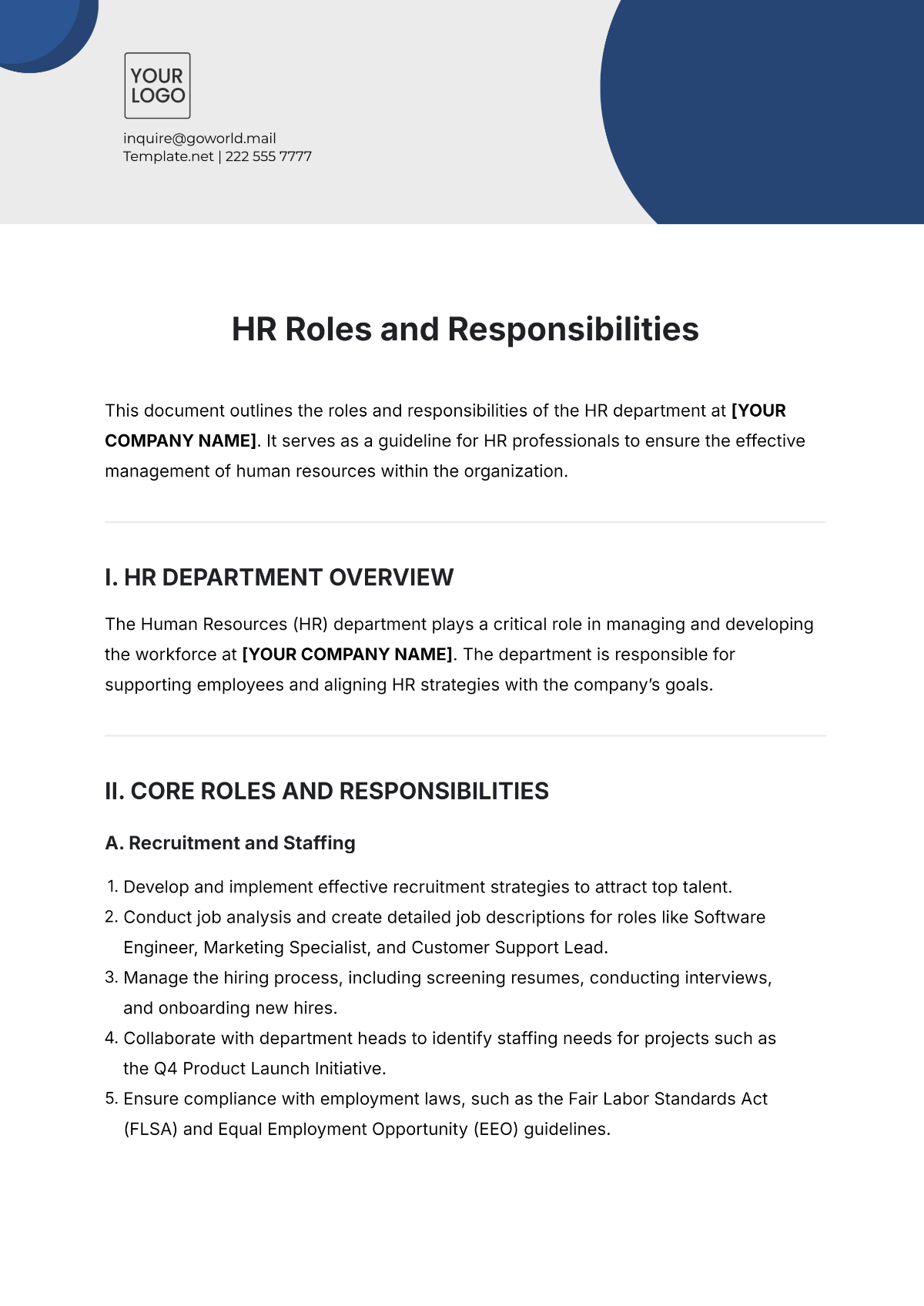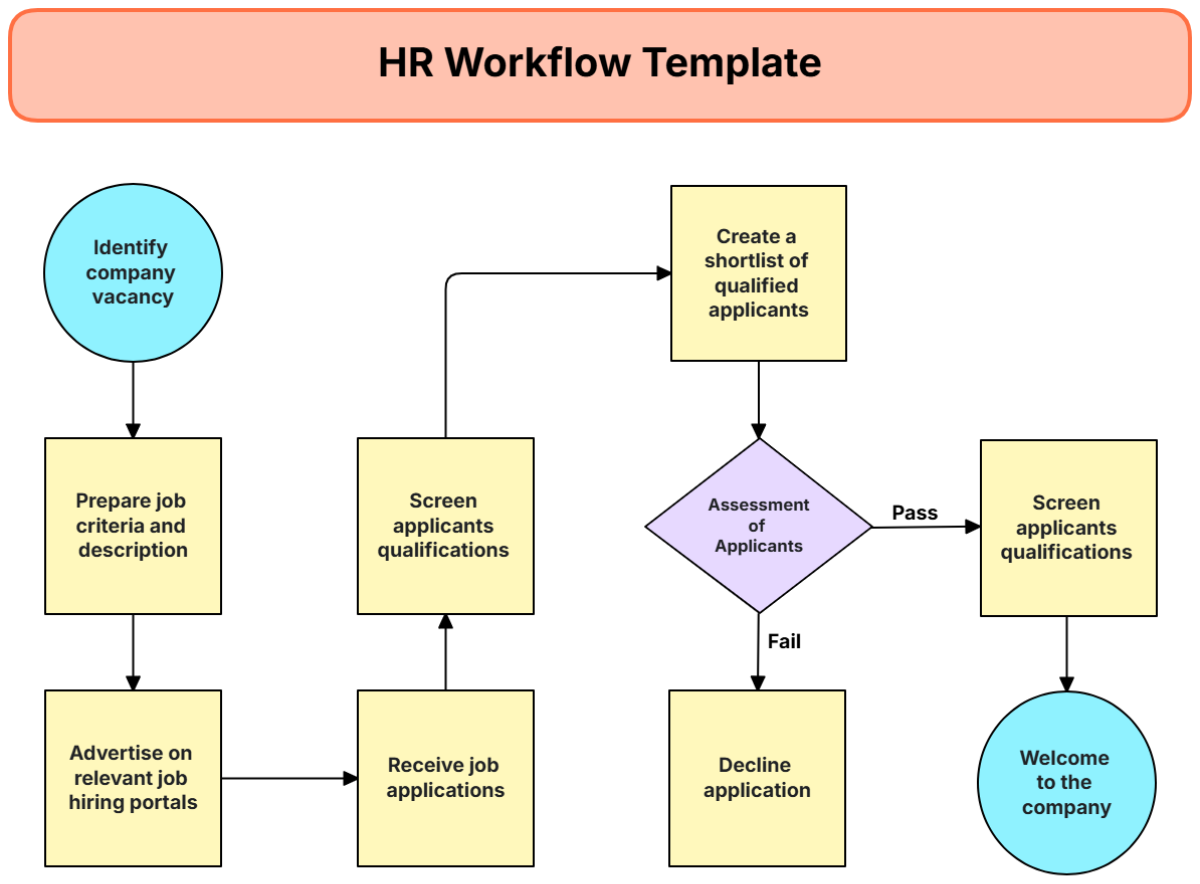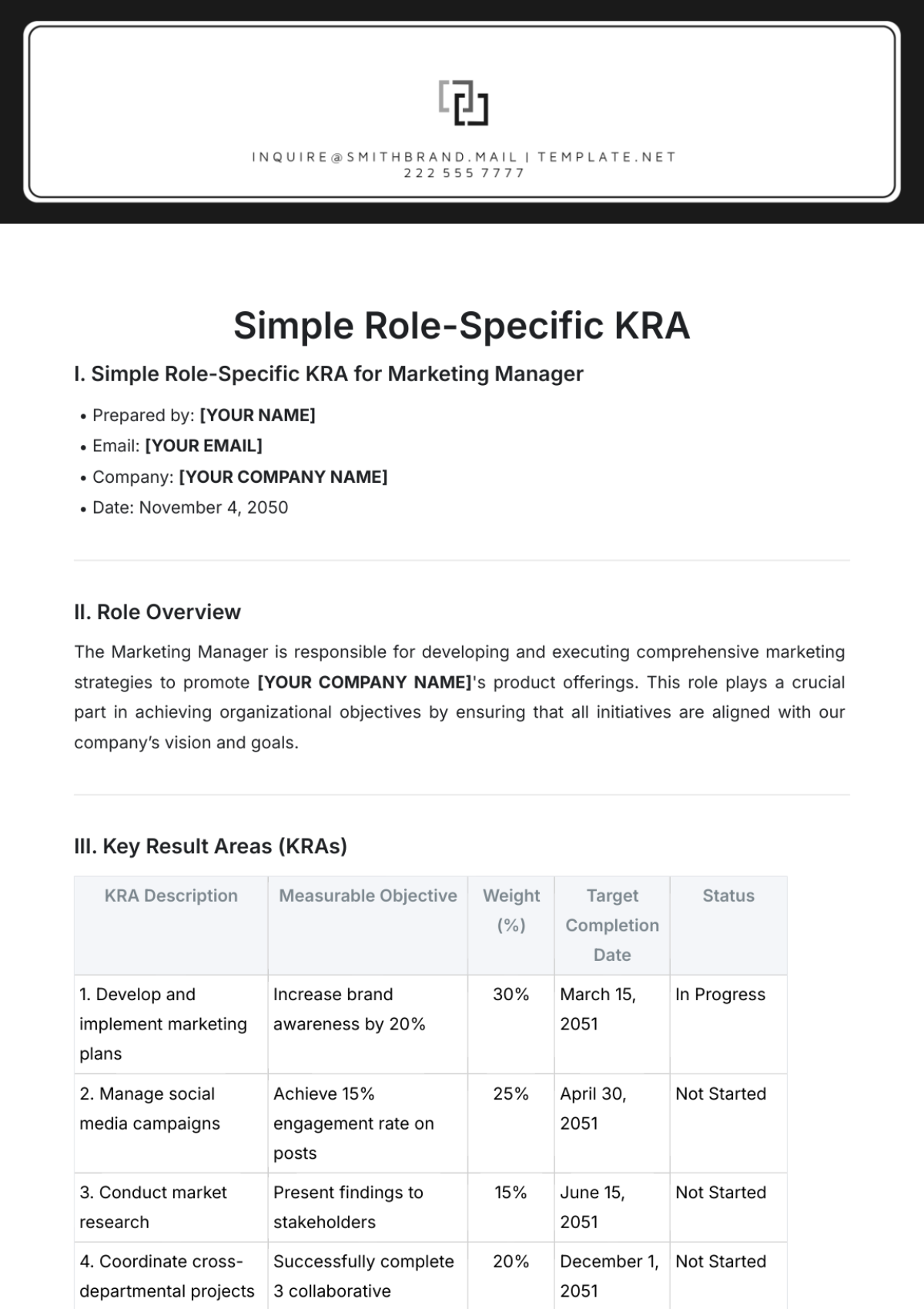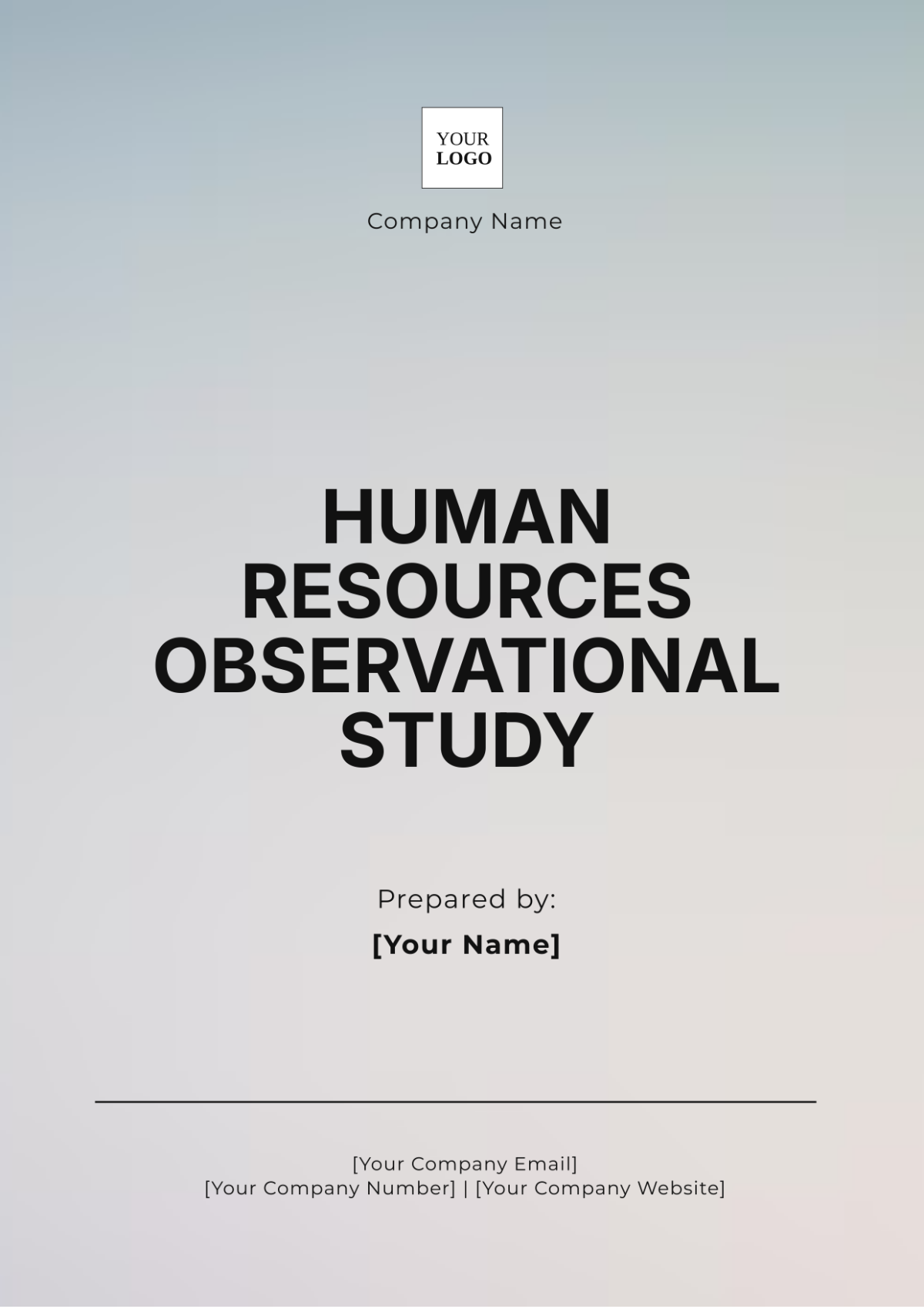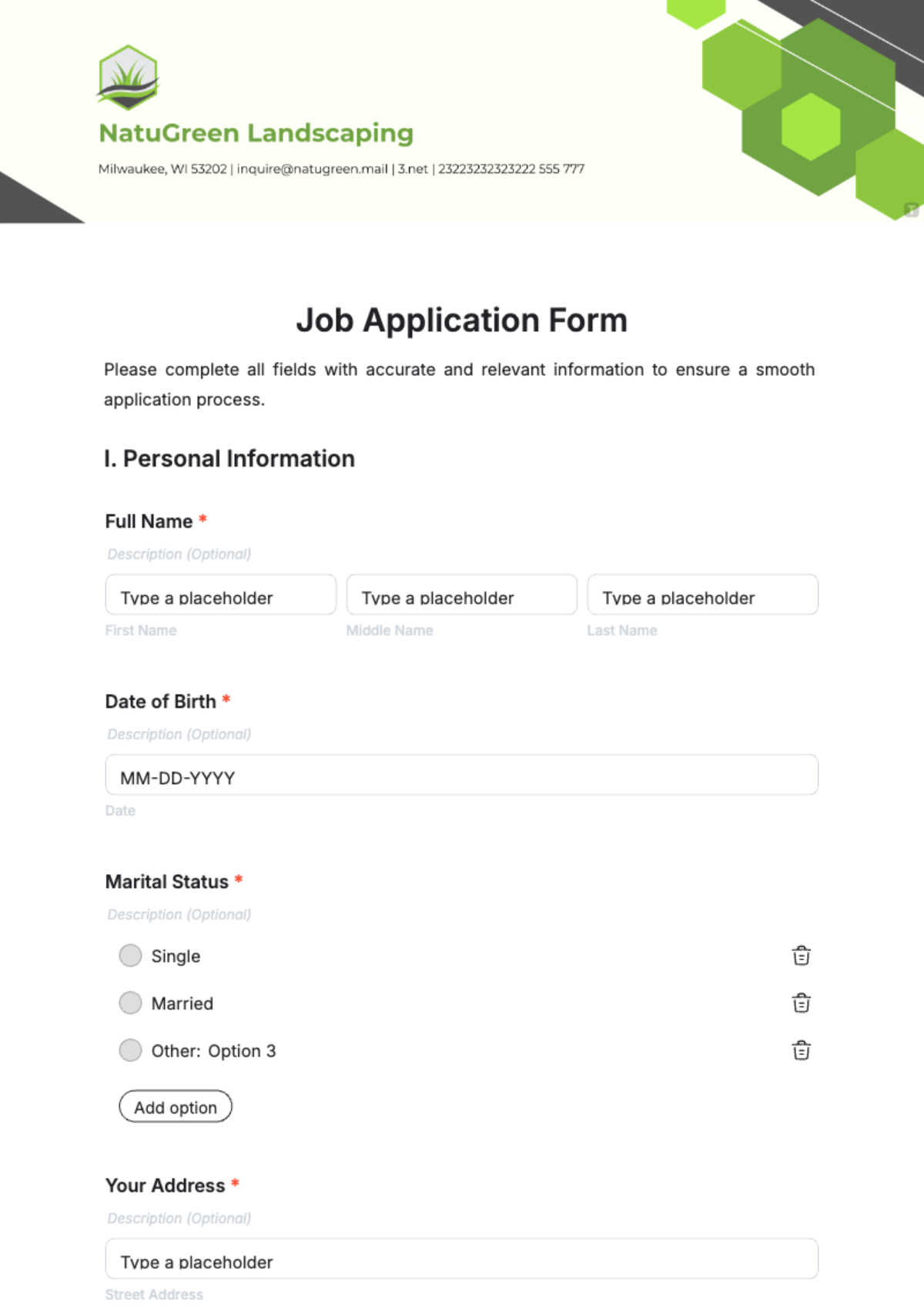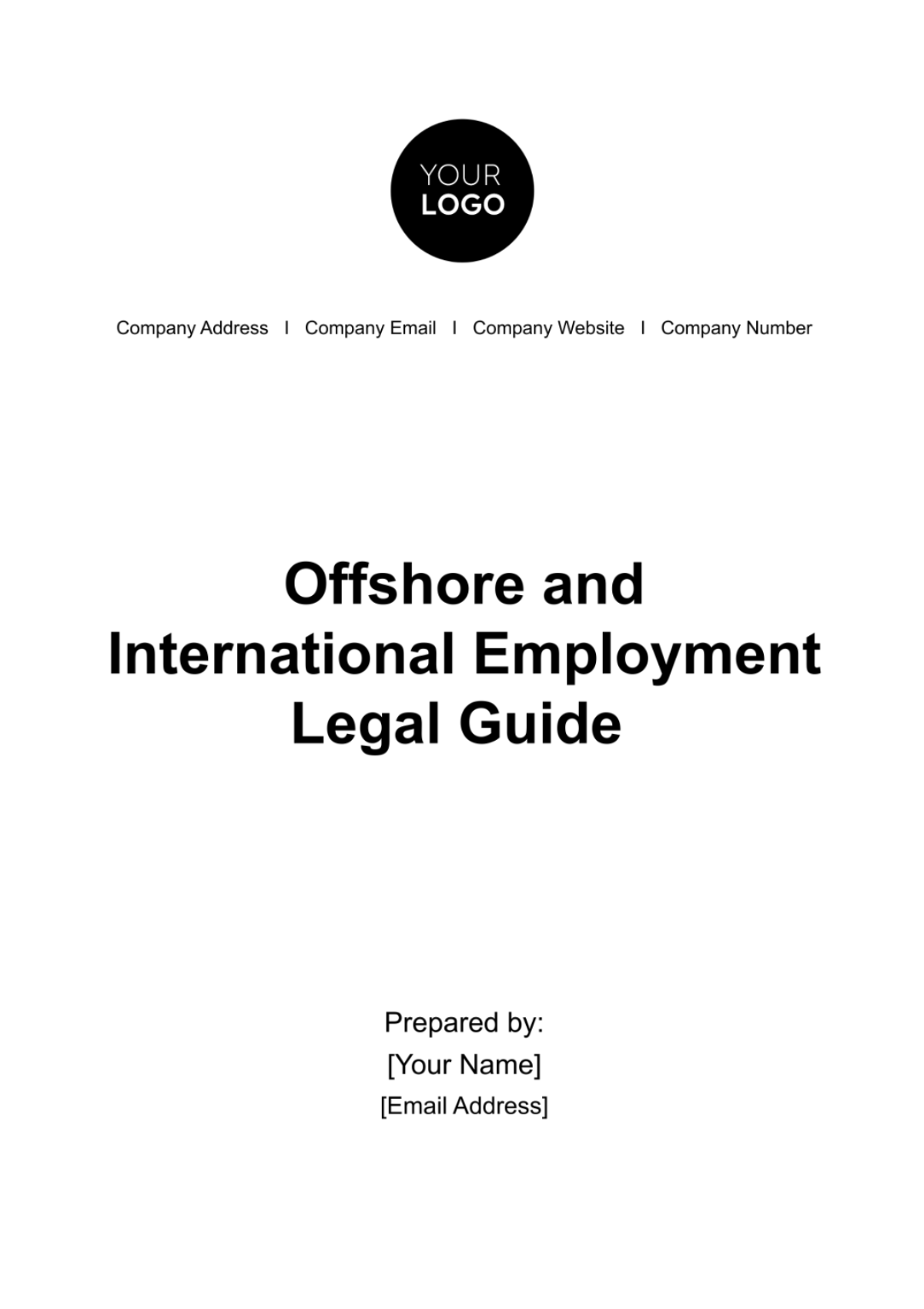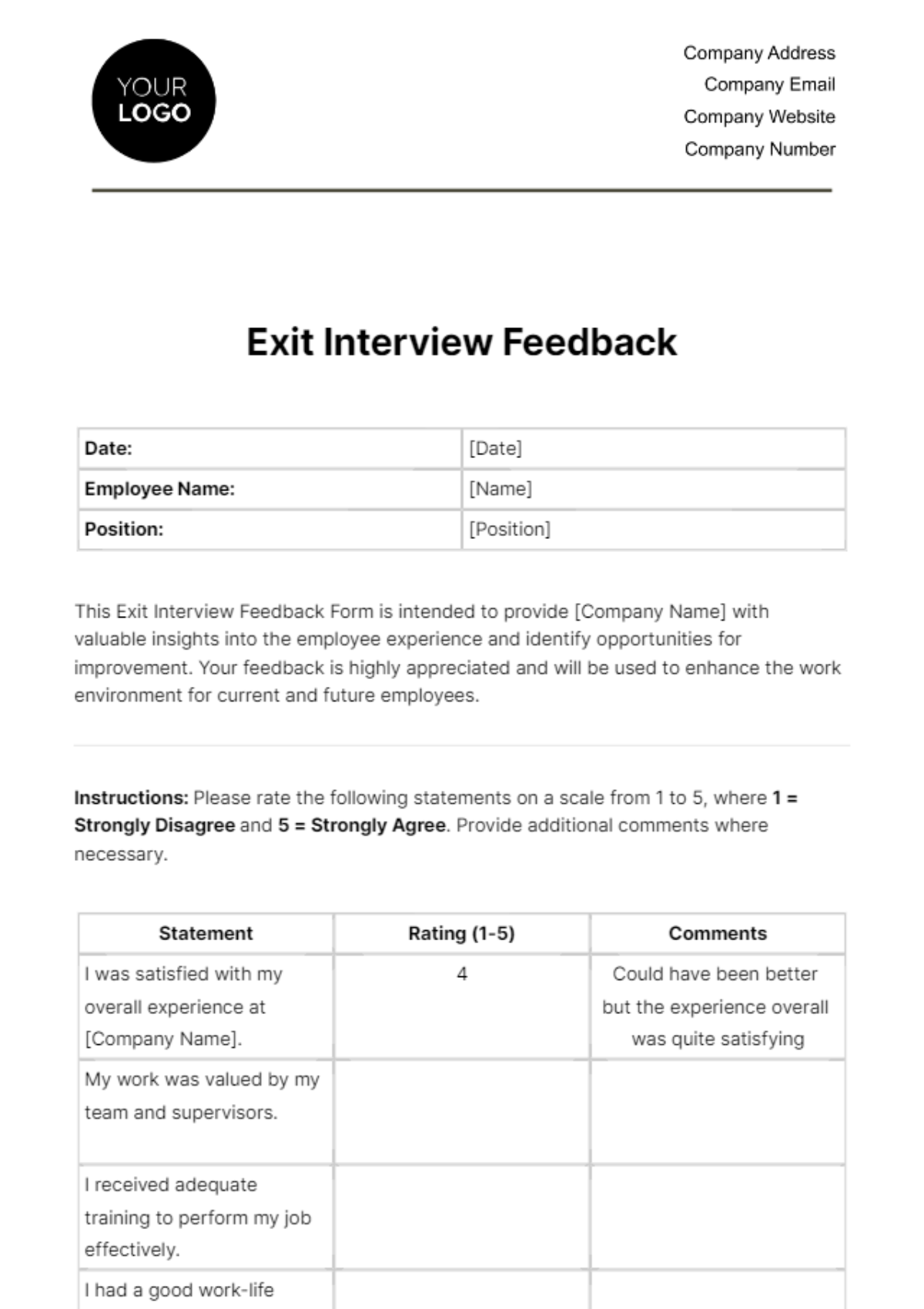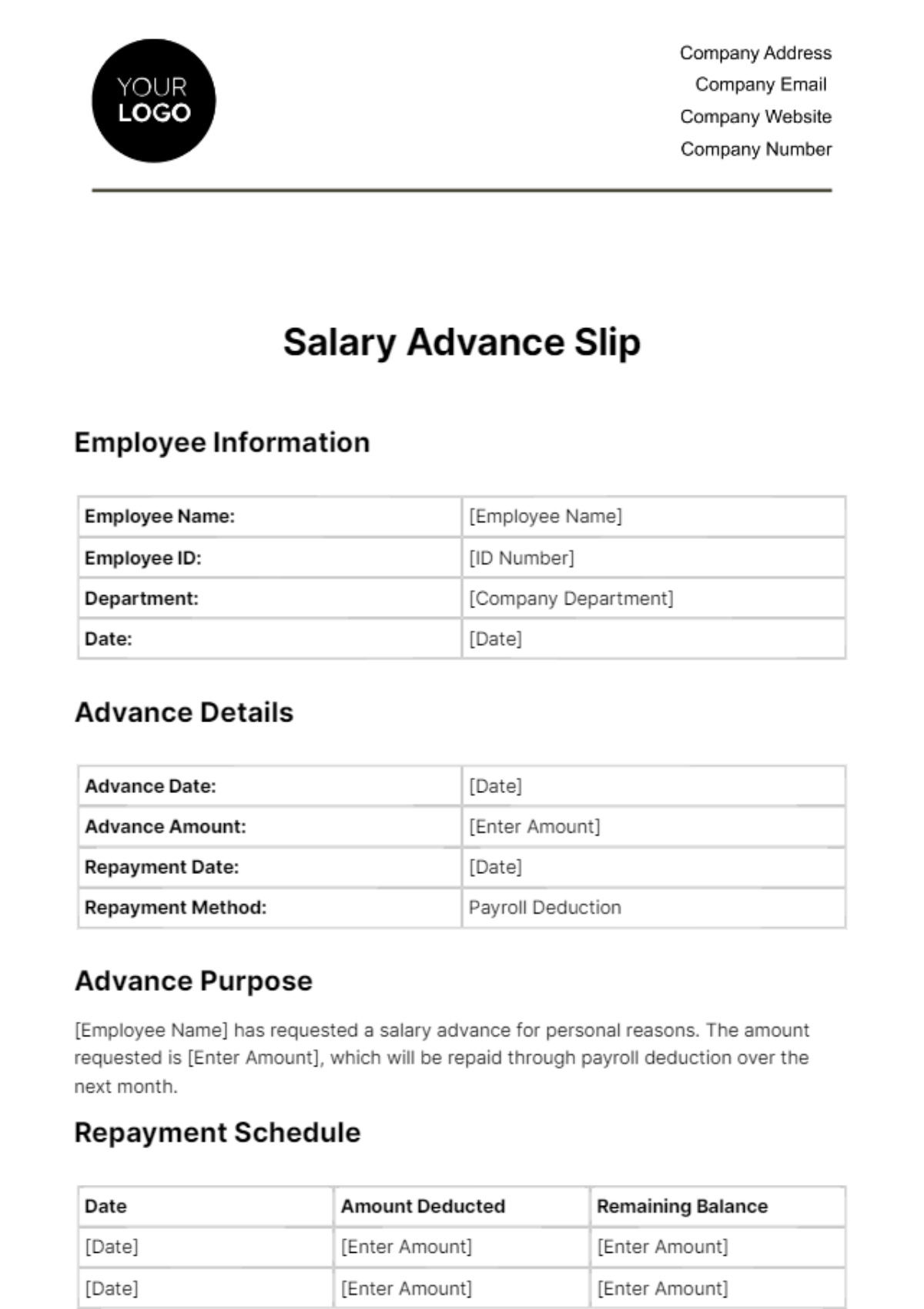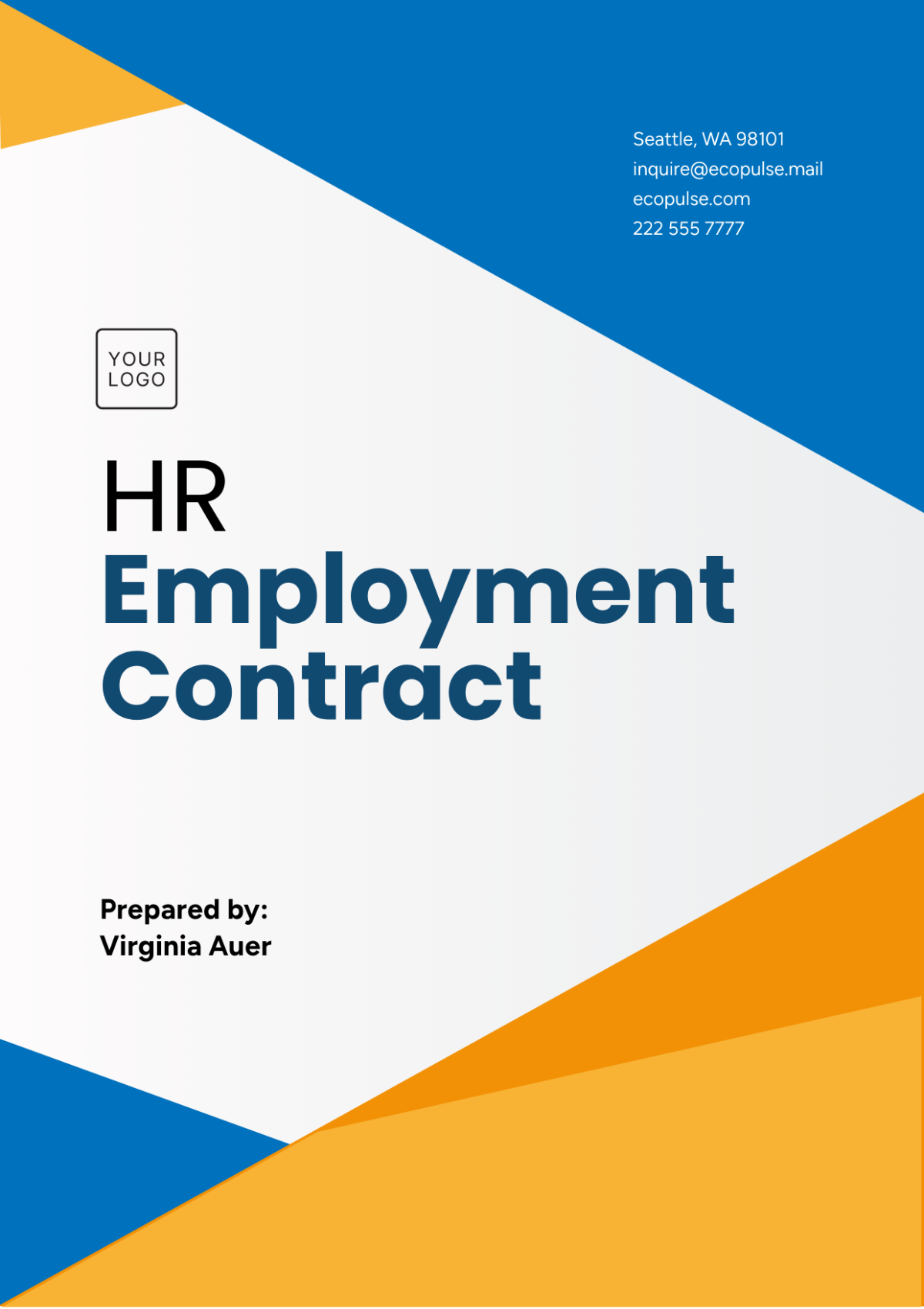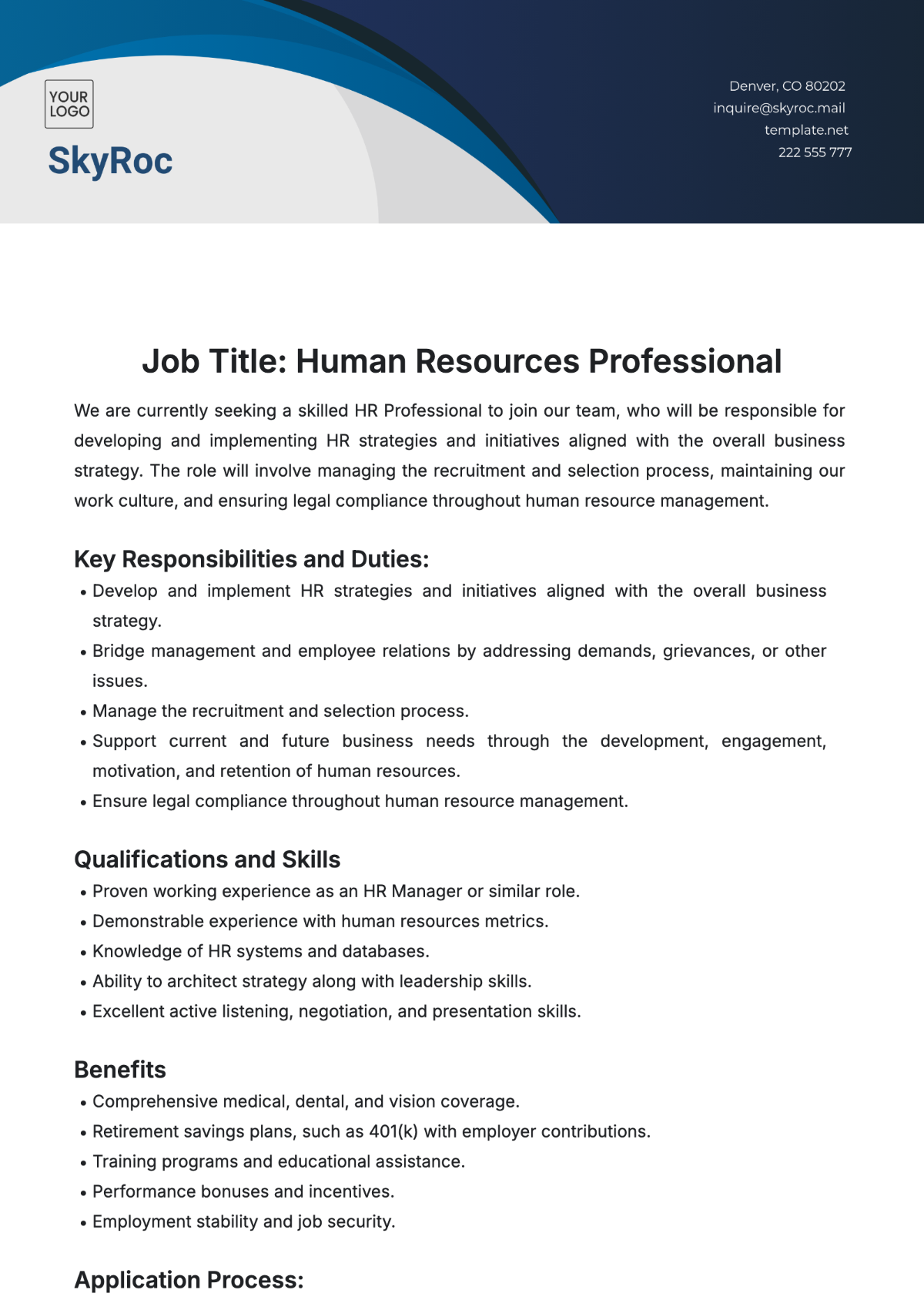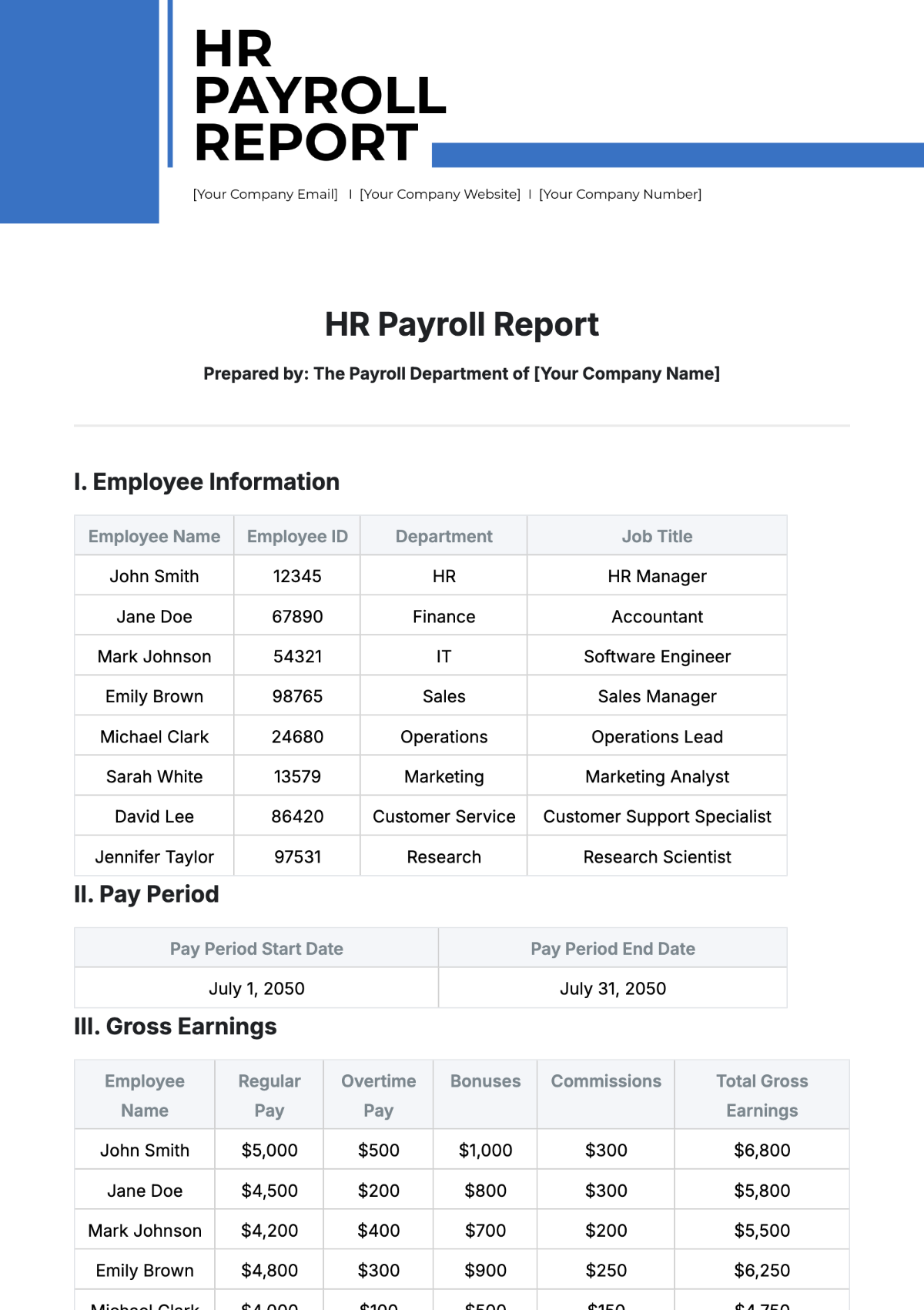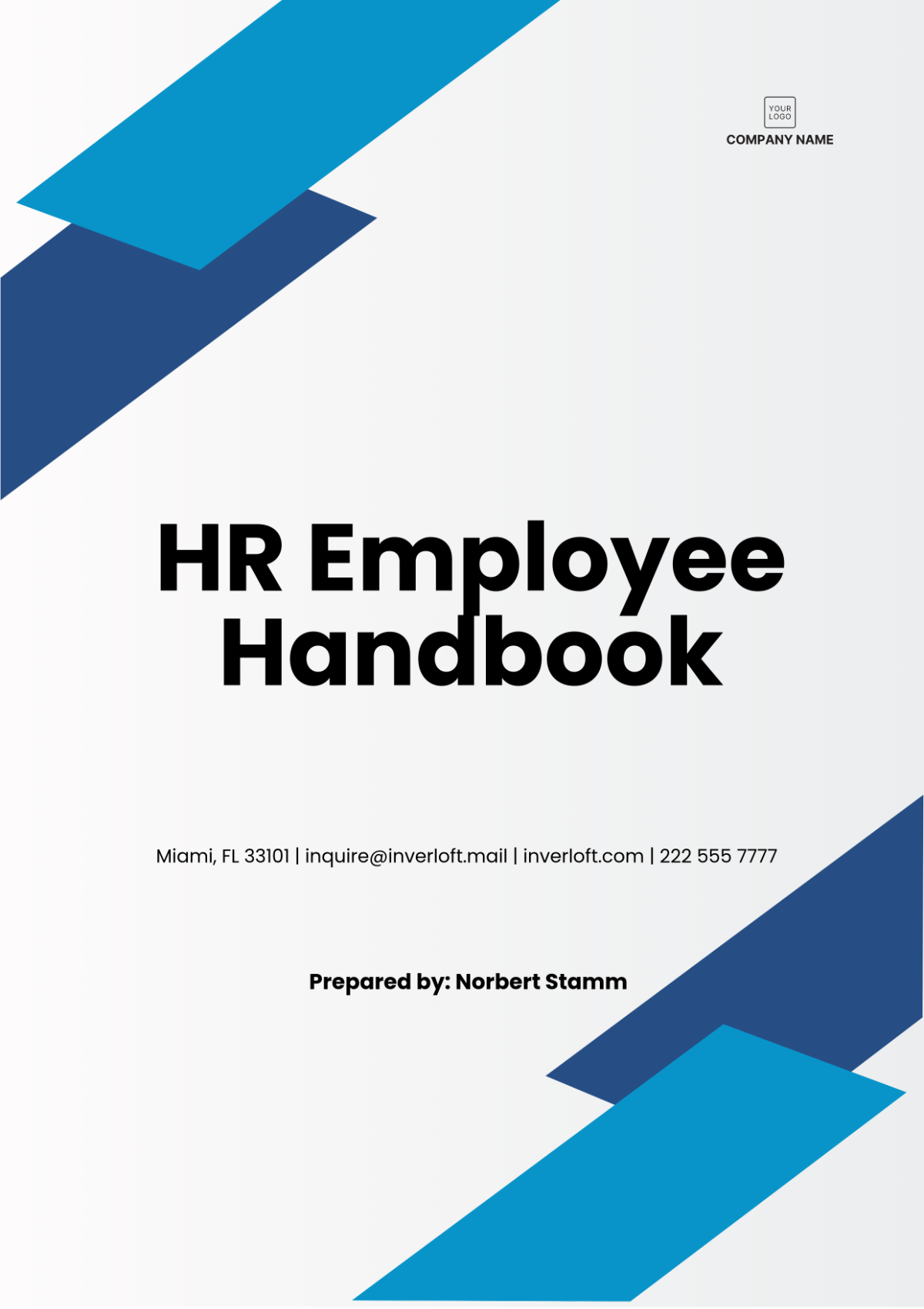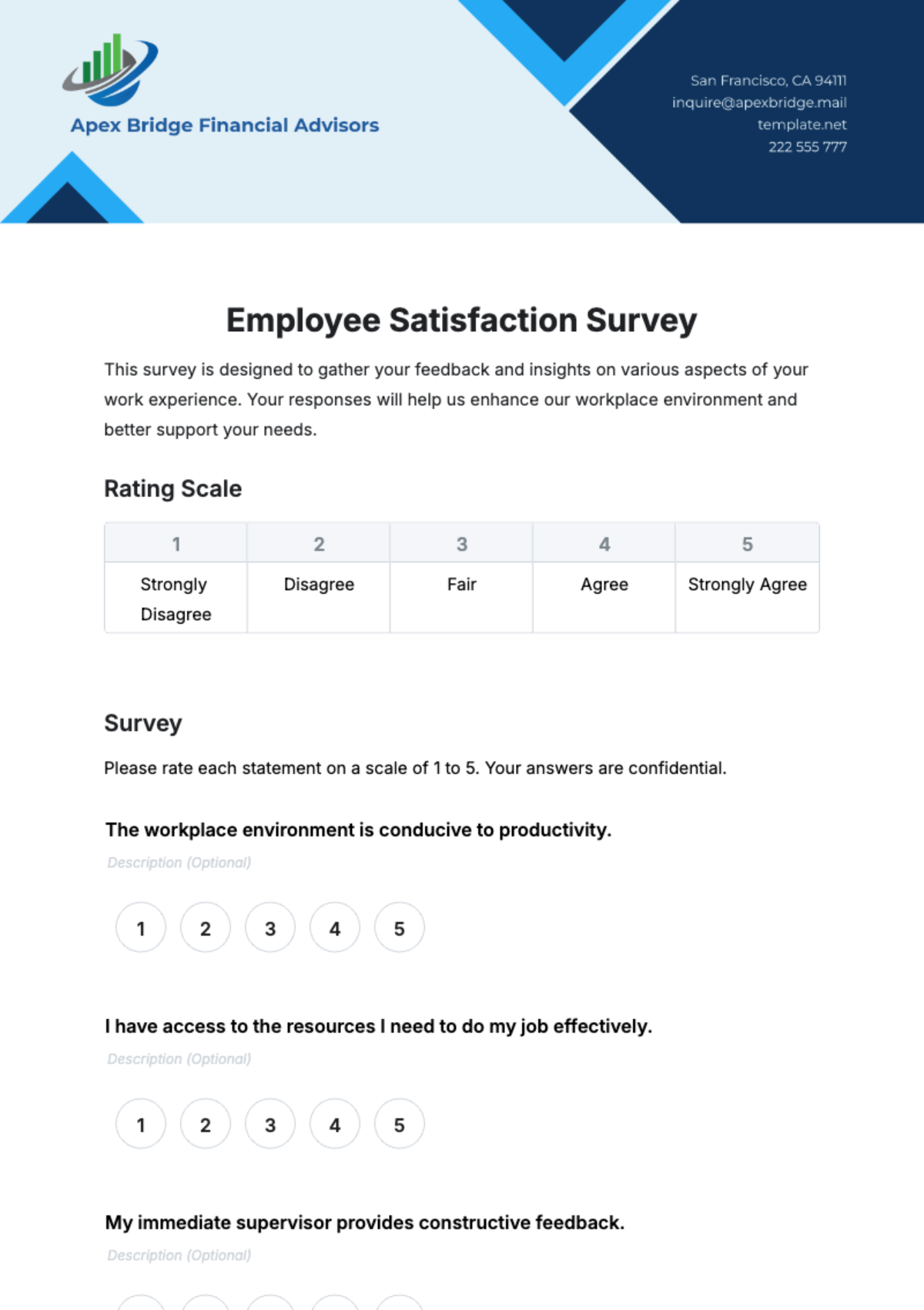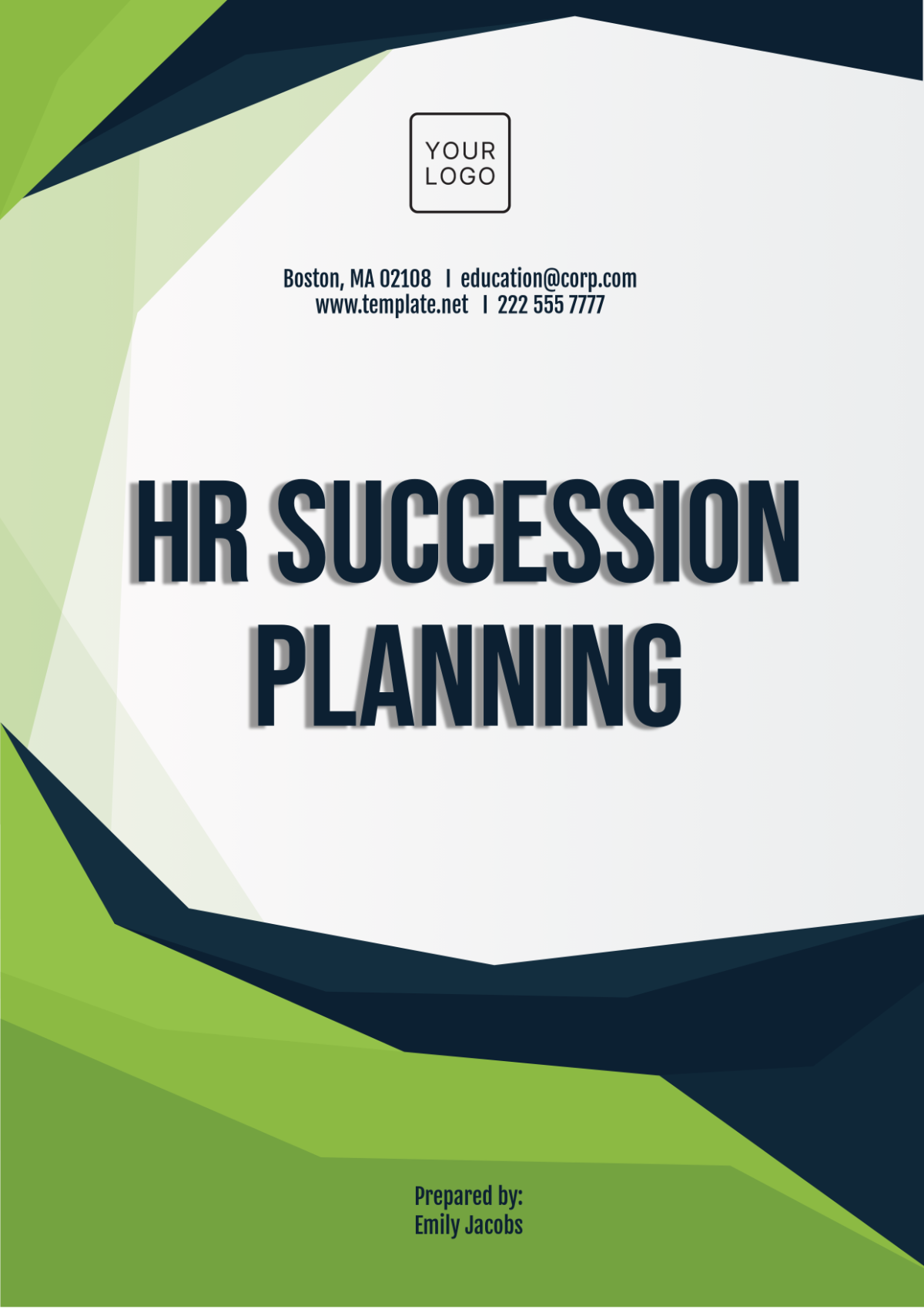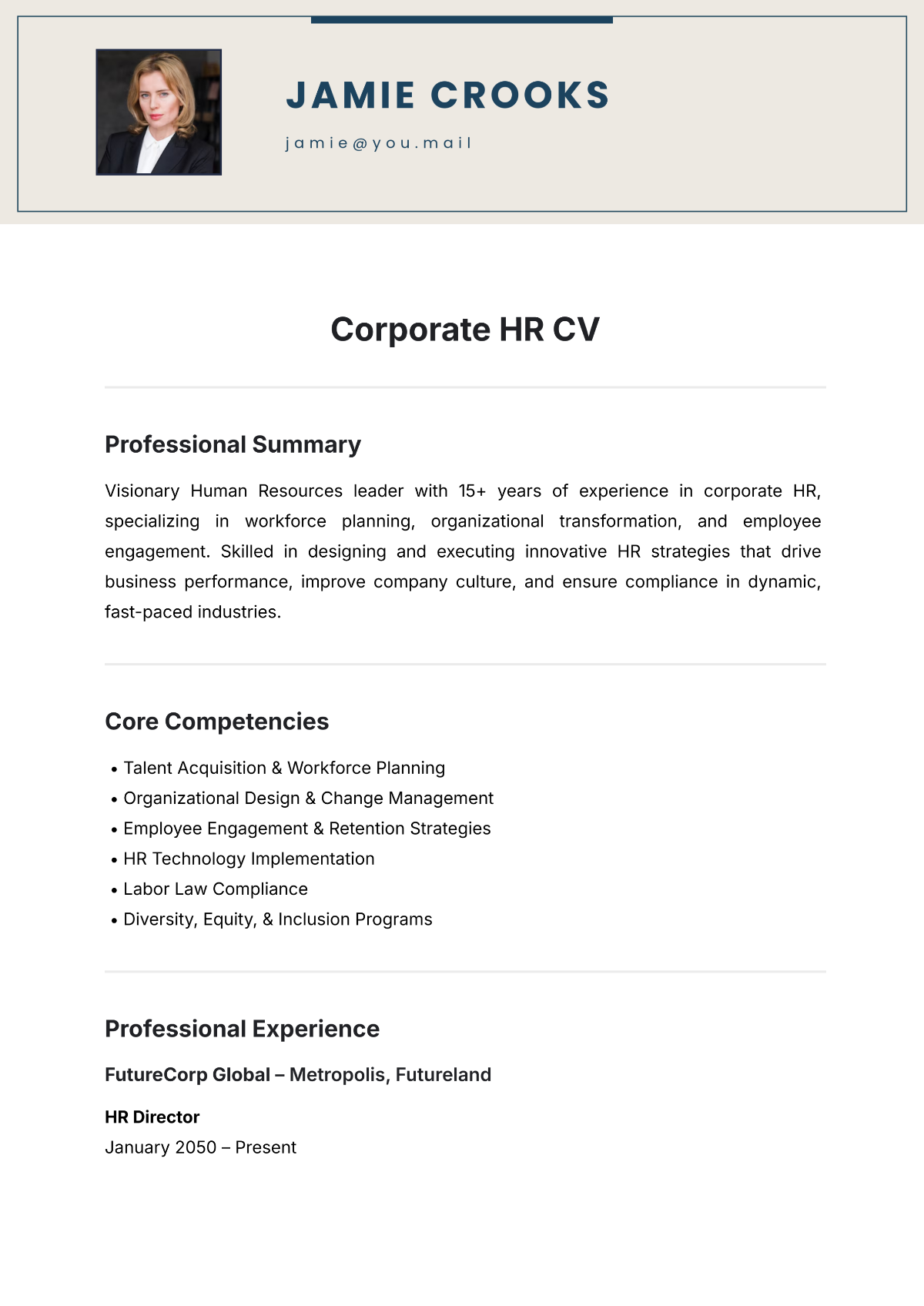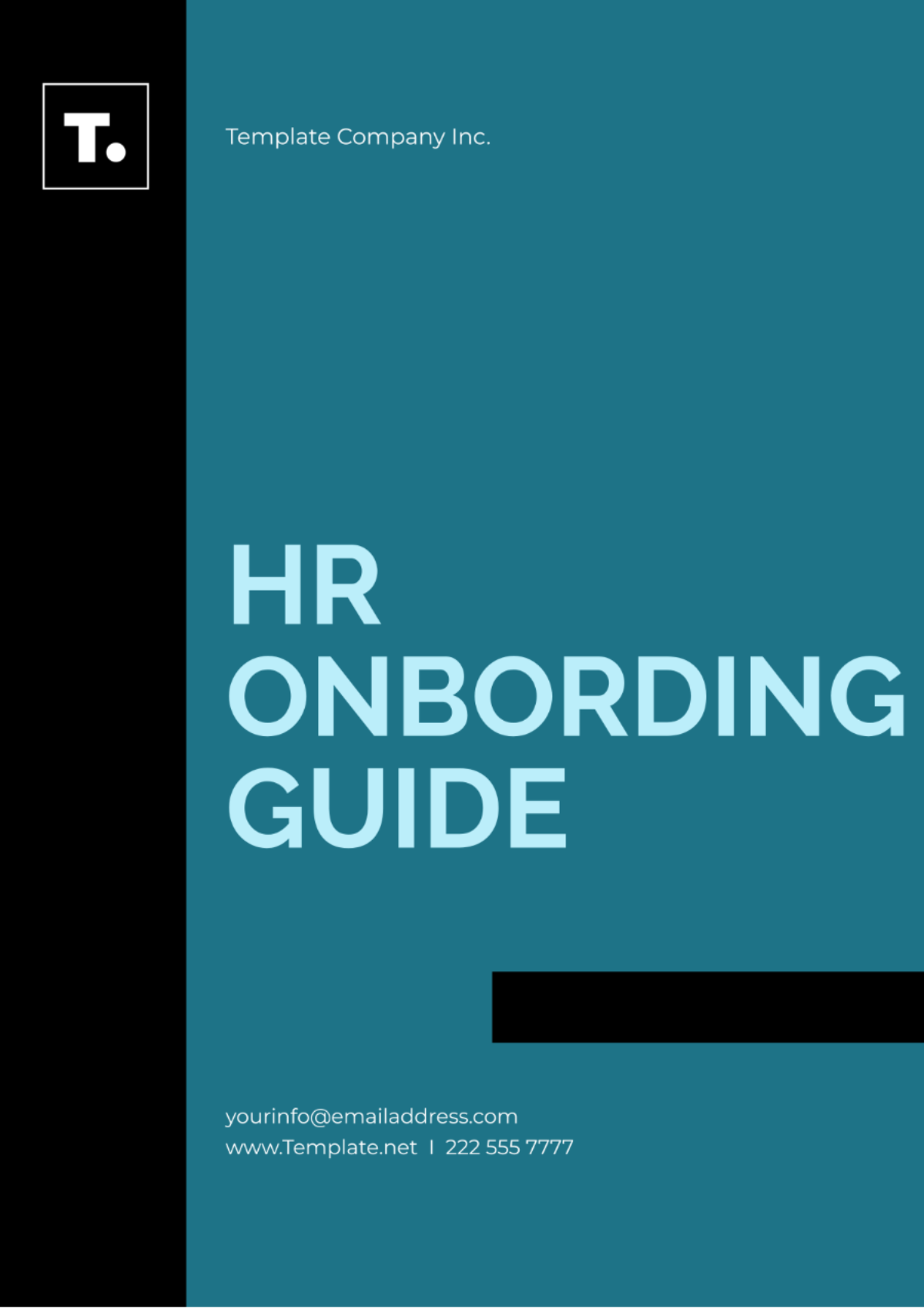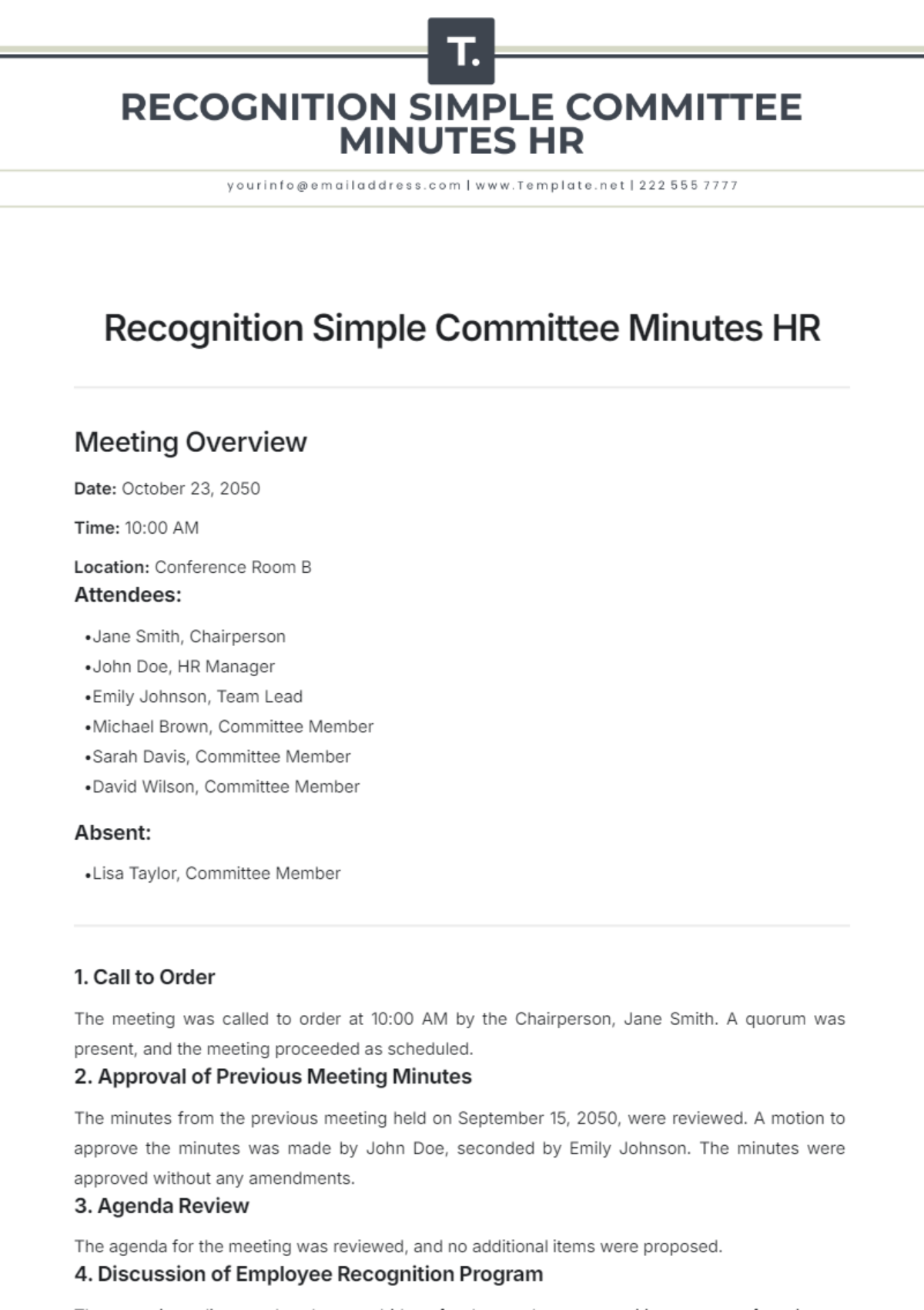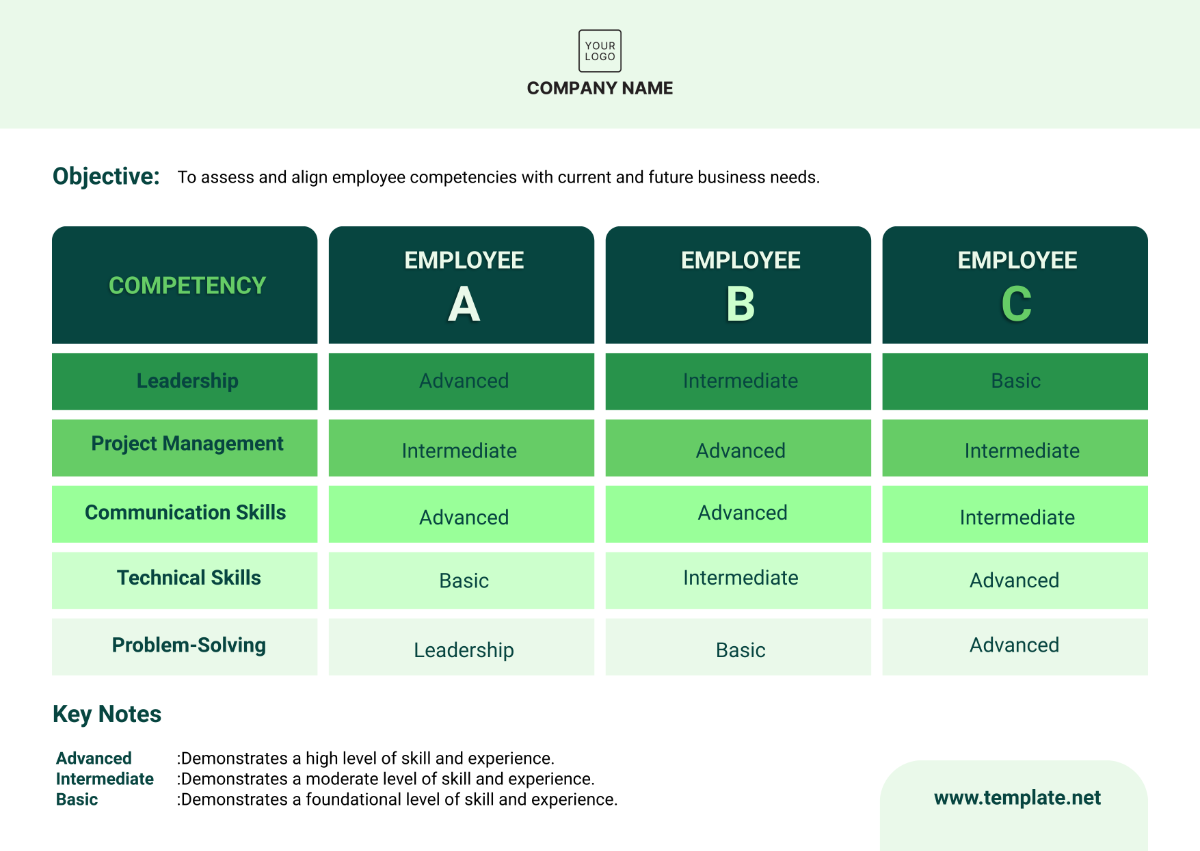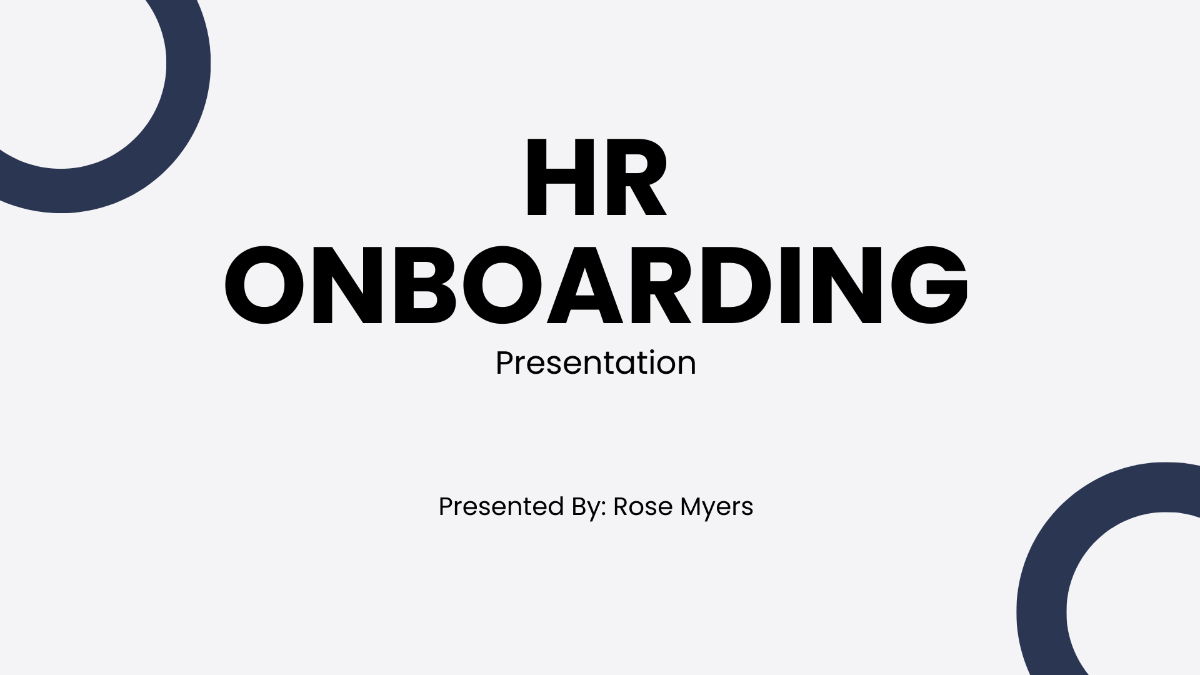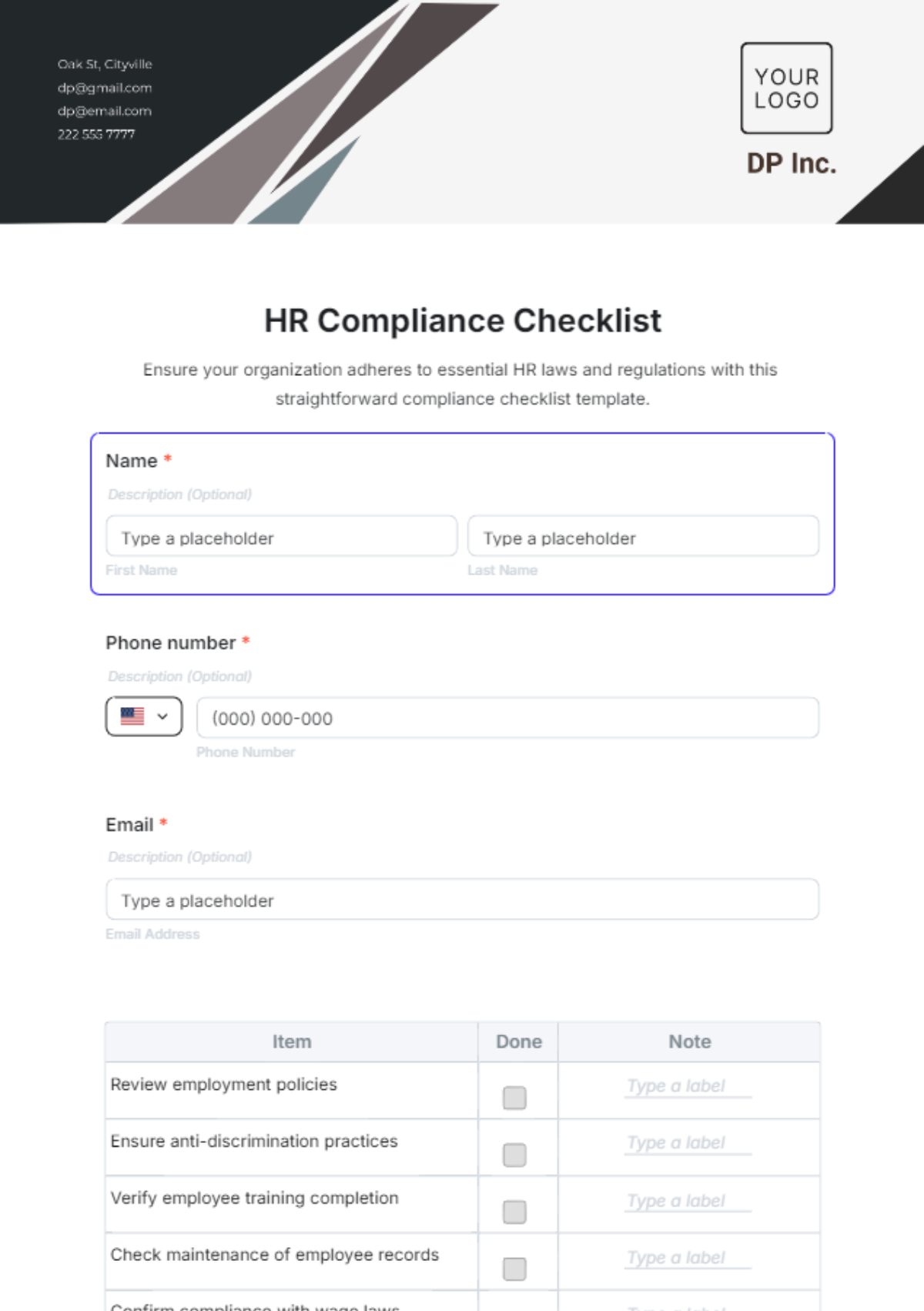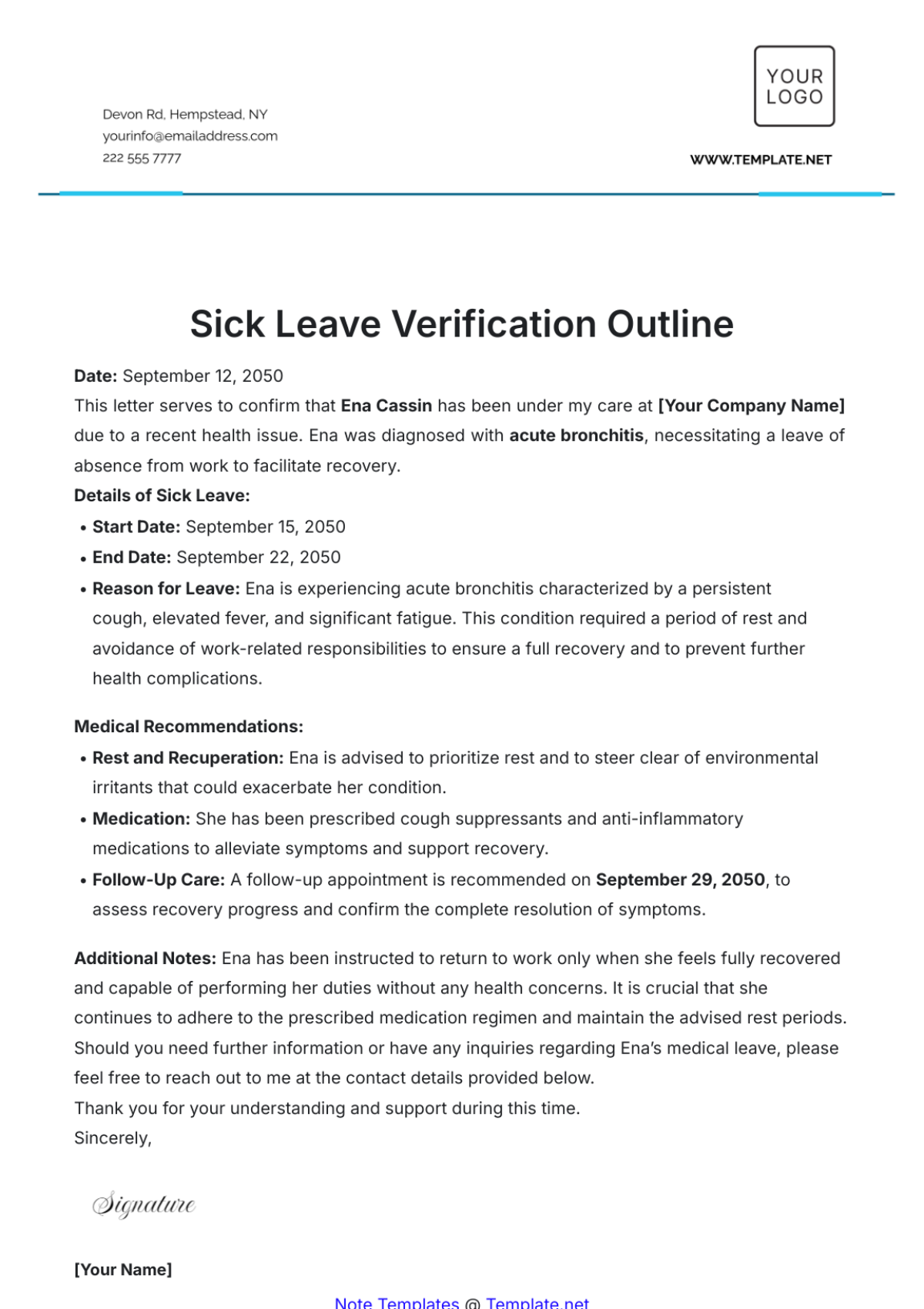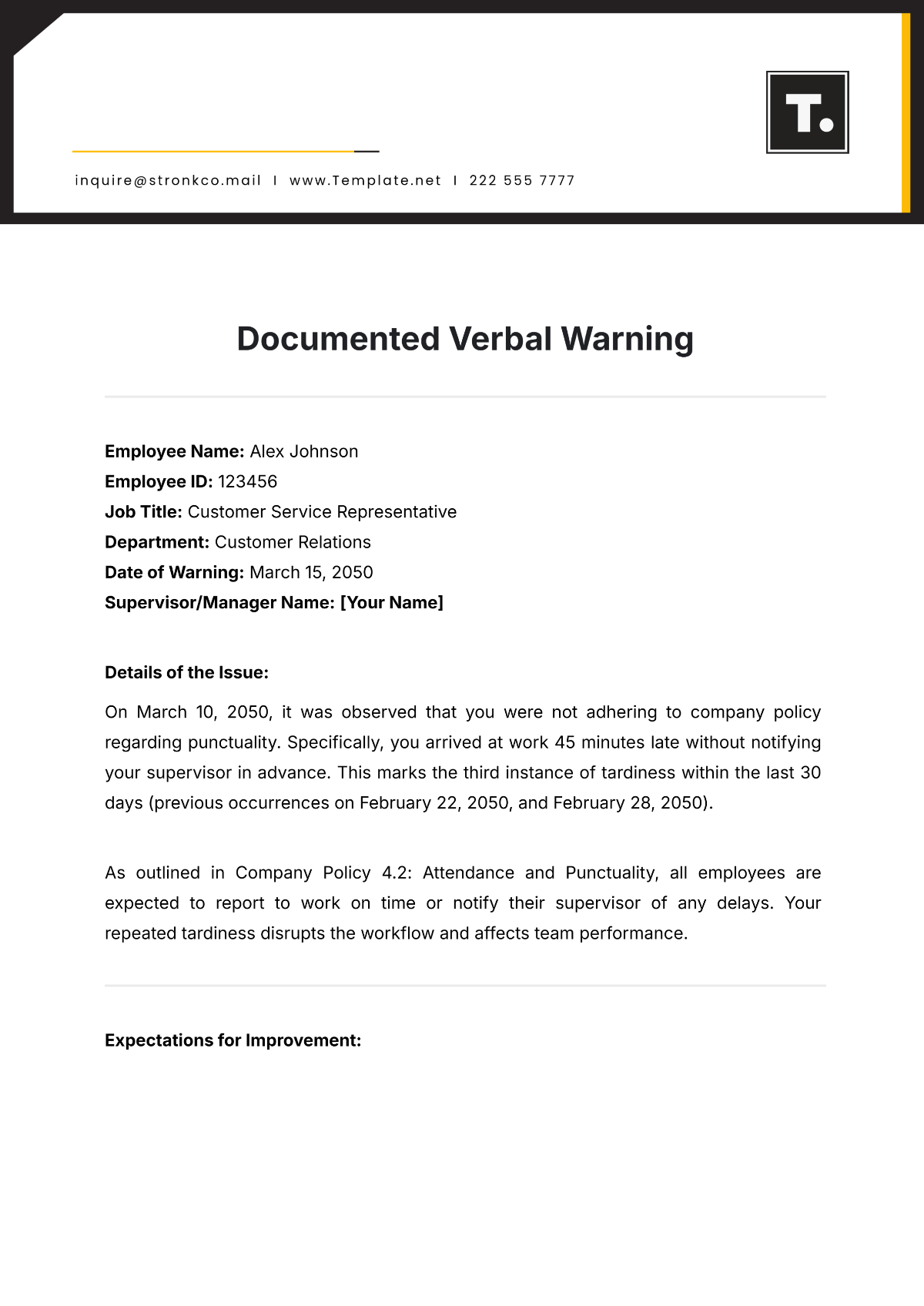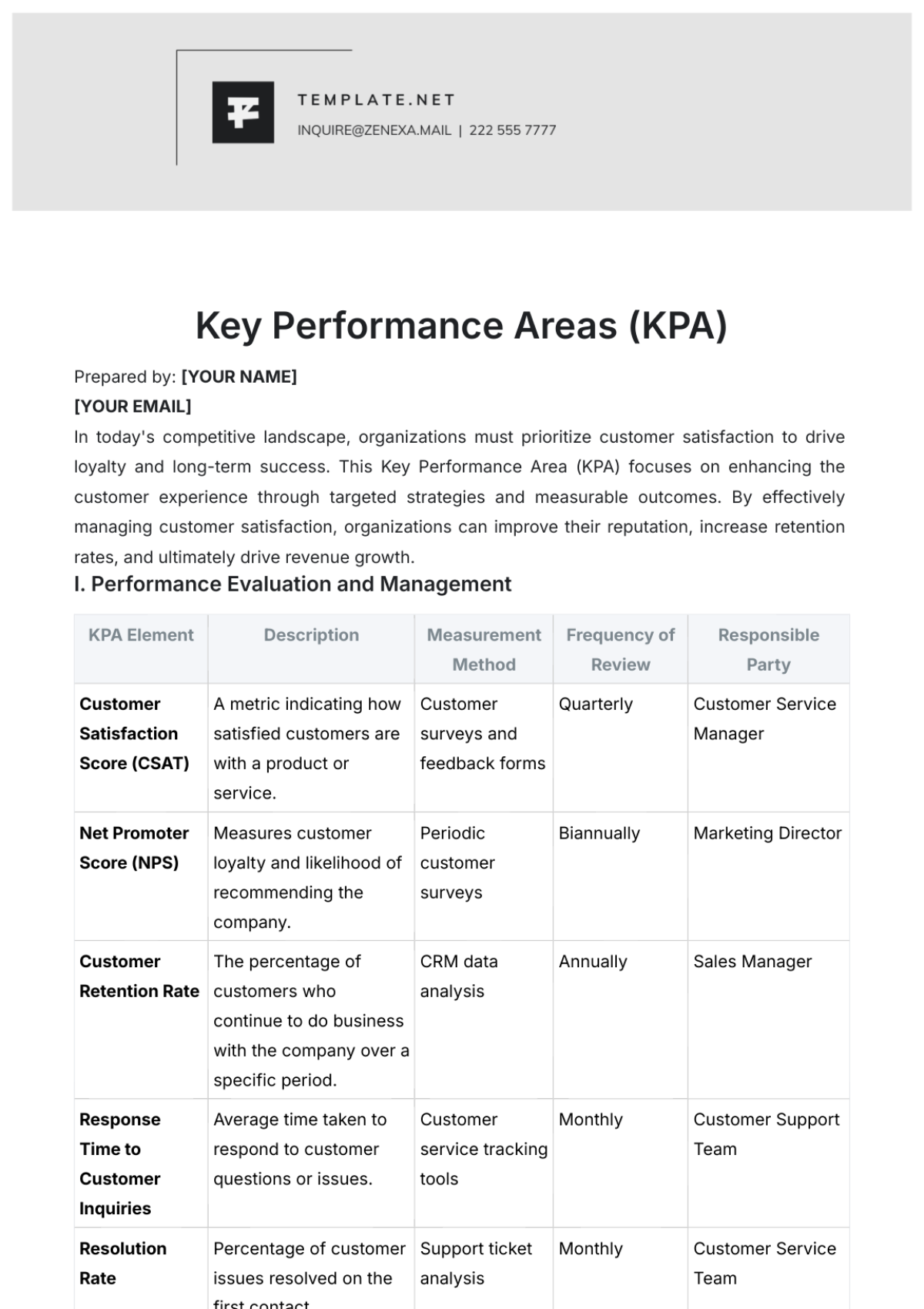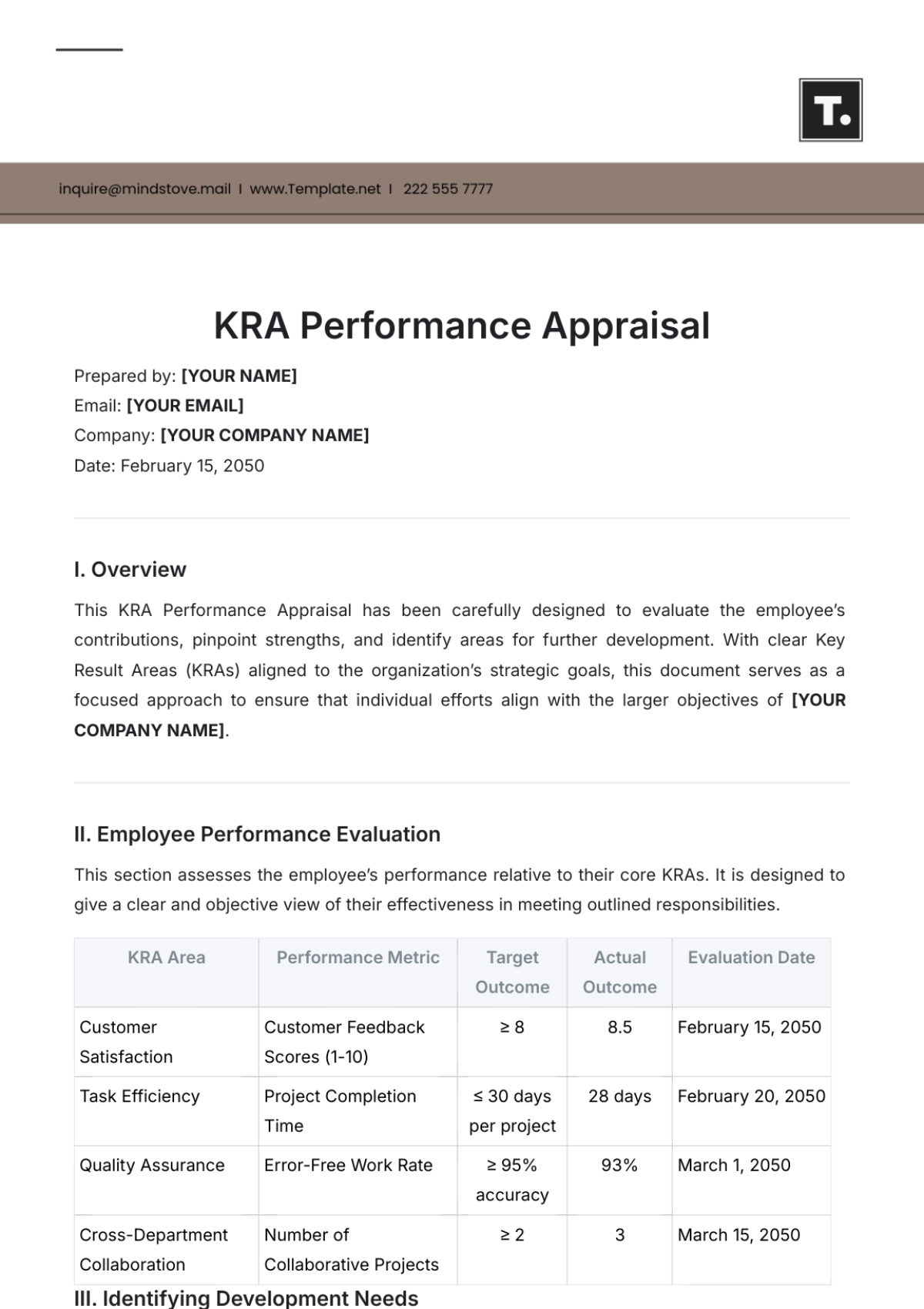Reward Dispute Resolution
I. Introduction
A. Purpose of the Reward Dispute Resolution Process
[Your Company Name]’s Reward Dispute Resolution Process has been established to effectively and fairly address disputes related to our rewards program, contest, or incentive scheme. This process aims to uphold the integrity of our programs while providing participants with a mechanism to address concerns.
B. Identification of Parties Involved
The parties involved in the dispute include the participant or customer making a reward claim and our organization responsible for managing the reward program. Clear identification of these parties streamlines the resolution process and ensures accountability.
II. Filing a Dispute
A. Description of the Dispute
Participants should provide a detailed description of the dispute, specifying the nature of the reward claim, when it occurred, and any relevant background information. This thorough description helps in understanding the issue and facilitates a prompt resolution.
B. Submission of Relevant Documentation
Participants are encouraged to submit supporting documentation such as receipts, screenshots, emails, or any records that support their claims. Providing evidence strengthens the validity of the dispute and expedites the resolution process.
C. Deadline for Filing
Disputes must be filed within 48 hours of the reward claim issue or within 72 hours of the end of the contest, whichever is applicable. Establishing clear deadlines ensures timely resolution and prevents undue delays.
III. Initial Review
A. Acknowledgment of Dispute
Upon receipt of the dispute, an automated acknowledgment email will be sent to the participant. This acknowledgment assures participants that their concerns have been received and are being addressed.
B. Preliminary Assessment
Our dispute resolution team will conduct an initial assessment to determine the validity of the dispute. This assessment helps in prioritizing disputes and allocating resources effectively.
C. Assignment of a Dispute Resolution Representative
A dedicated dispute resolution representative will be assigned to handle the case. Having a designated point of contact enhances communication and accountability throughout the resolution process.
IV. Communication
A. Contact Information
Participants may contact the dispute resolution representative via email at [Your Company Email] or by phone at [Your Company Number]. Providing clear contact information facilitates seamless communication and ensures accessibility for participants.
B. Communication Process
All communication related to the dispute will be conducted via email, and participants are required to use the provided email address. Standardizing the communication process ensures clarity and documentation of all interactions.
V. Mediation or Arbitration
A. Selection of Mediator/Arbitrator
If needed, a mutually agreed-upon mediator or arbitrator will be selected to assist in the resolution process. Mediation or arbitration offers an impartial and structured approach to resolving disputes amicably.
B. Mediation Process (if applicable)
Mediation will be conducted according to [Your Company Name]’s mediation guidelines. Following established mediation procedures promotes fairness and transparency in the resolution process.
VI. Investigation
A. Collection of Relevant Information
Our dispute resolution representative will collect relevant information from both parties to understand the dispute thoroughly. Thorough investigation ensures that all pertinent details are considered in reaching a resolution.
B. Interviews or Statements from Involved Parties
Interviews or written statements may be sought from the participant and organization to clarify their positions. Gathering input from all involved parties aids in uncovering underlying issues and finding mutually acceptable solutions.
C. Review of Program Records and Documentation
All program records, correspondence, and documentation will be reviewed for evidence. A comprehensive review of documentation helps in corroborating claims and reaching an informed decision.
VII. Resolution Options
A. Potential Outcomes
Potential outcomes may include the issuance of the disputed reward, alternative compensation, or a finding that the dispute has no merit. Offering multiple resolution options allows for flexibility in addressing varying dispute scenarios.
B. Consideration of Fair Compensation
In determining compensation, fairness and adherence to program terms and conditions will be considered. Fair compensation reflects our commitment to equitable resolution practices.
C. Transparency in Decision-Making
The decision-making process will be transparent, with clear reasoning provided for the resolution. Transparency fosters trust and confidence in the resolution process.
VIII. Decision and Communication
A. Resolution Decision
The dispute resolution representative will issue a decision in writing, outlining the resolution. A formal decision document ensures clarity and accountability in the resolution outcome.
B. Communication of the Decision
The decision will be communicated to the participant and the organization via email. Timely communication keeps all parties informed of the resolution status.
C. Explanation of Decision and Next Steps
The decision email will include an explanation of the decision and any required next steps. Providing clear guidance on next steps promotes understanding and compliance with the resolution outcome.
IX. Appeal Process
A. Opportunity for Appeal (if applicable)
Participants may file an appeal within 48 hours if they are dissatisfied with the resolution decision. Offering an appeal process allows for a secondary review of contentious decisions.
B. Procedure for Filing an Appeal
Details on how to file an appeal, including where to submit the request and any required documentation. Clearly outlined appeal procedures ensure consistency and fairness in the review process.
C. Timelines for Appeal Process
The appeal process will be completed within 72 hours, and a new decision will be communicated accordingly. Establishing clear timelines ensures prompt resolution of appeal requests.
X. Confidentiality
A. Data Privacy and Confidentiality
Personal and sensitive information will be handled in accordance with our organization's privacy policy. Upholding confidentiality safeguards participant privacy and maintains trust in the dispute resolution process.
XI. Compliance with Applicable Laws
A. Ensure Compliance with Relevant Laws and Regulations
Our dispute resolution process will adhere to all applicable laws and regulations governing rewards programs and contests. Compliance with legal requirements ensures the integrity and legitimacy of the resolution process.
XII. Finality of Resolution
A. Statement on the Finality of the Decision
The resolution decision is final and binding unless exceptional circumstances warrant further review. Clarifying the finality of the decision provides closure to the dispute process.
B. Exceptional Circumstances for Further Review
Outline specific scenarios where a decision may be reviewed or reconsidered. Identifying exceptional circumstances provides clarity on when further review may be warranted.
XIII. Follow-Up
A. Implementation of Decision (e.g., Reward Issuance)
If the decision involves the issuance of a reward, details on how and when this will be implemented. Ensuring prompt implementation of decisions demonstrates commitment to resolving disputes effectively.
B. Monitoring for Dispute Resolution Quality
We will continuously monitor the quality of our dispute resolution process to ensure fairness and effectiveness. Ongoing monitoring allows for continuous improvement and refinement of the resolution process.

